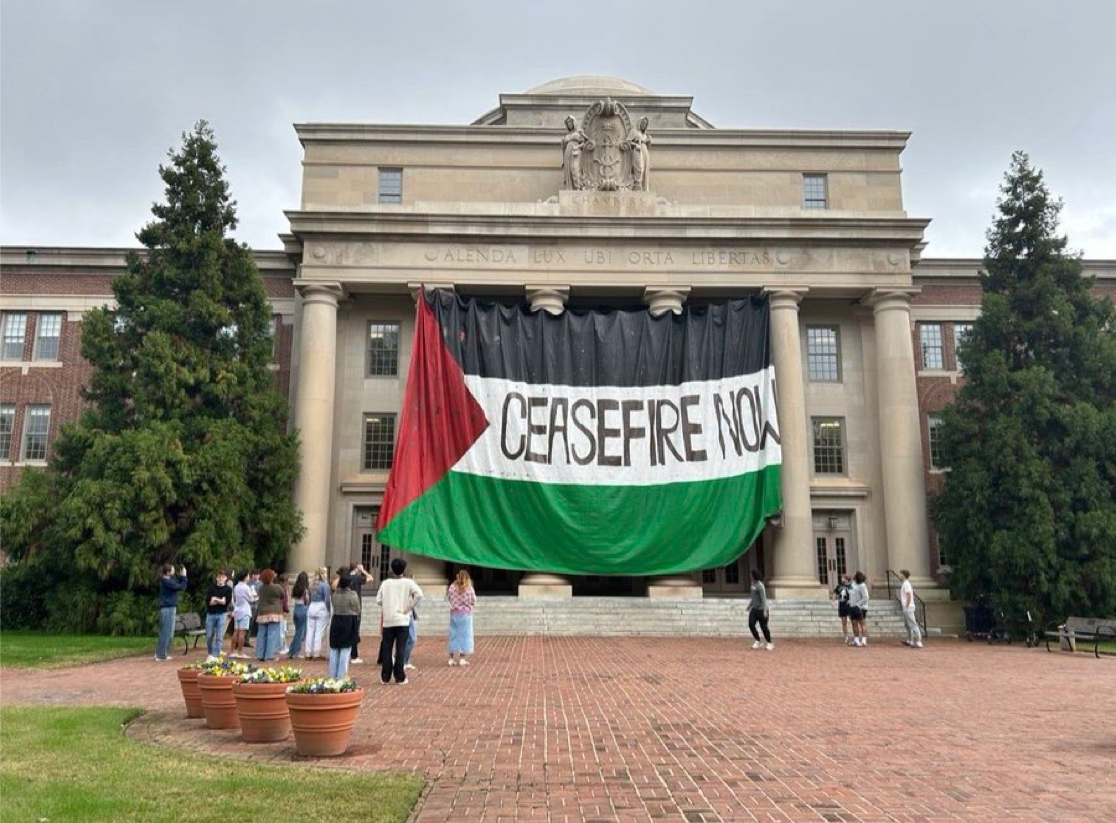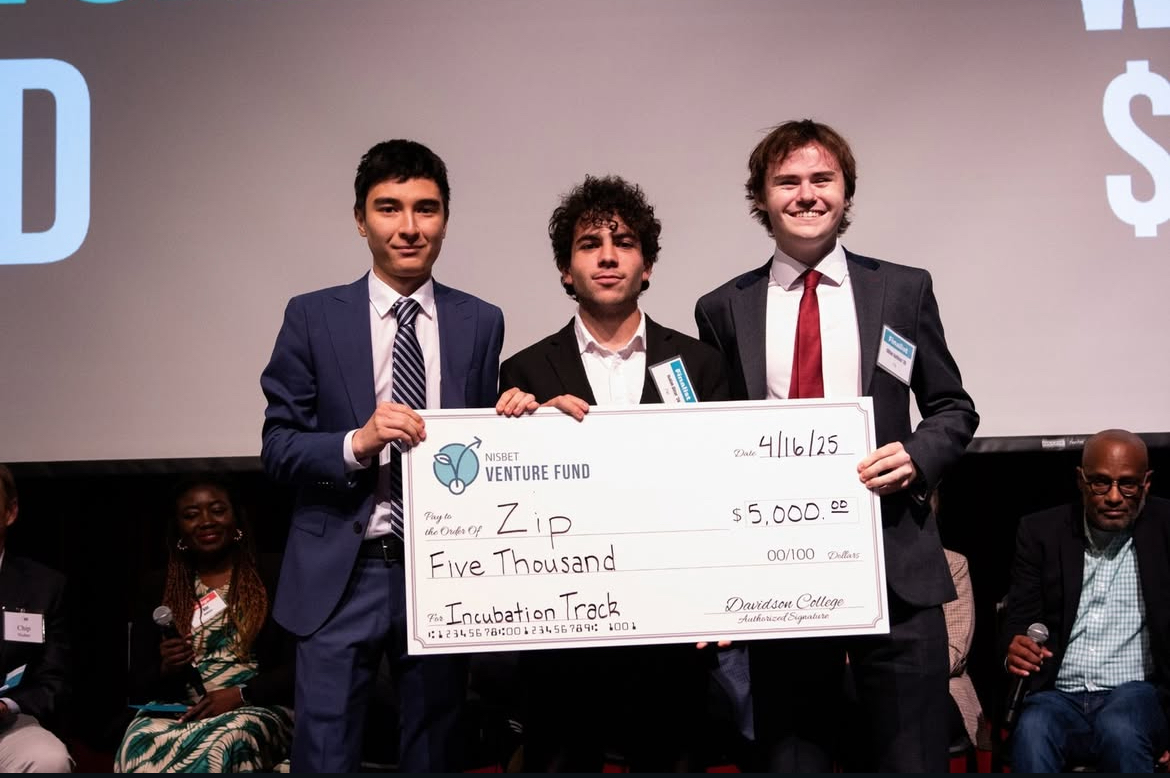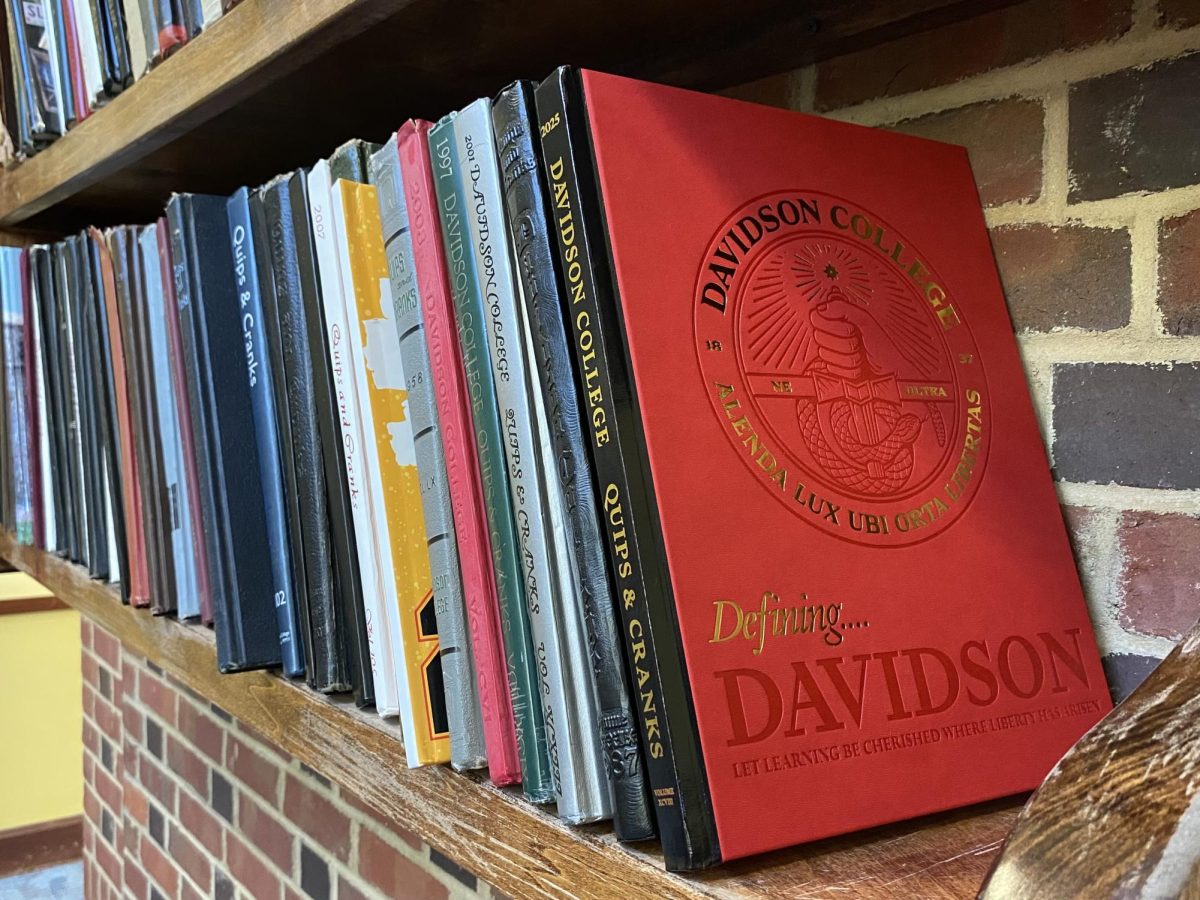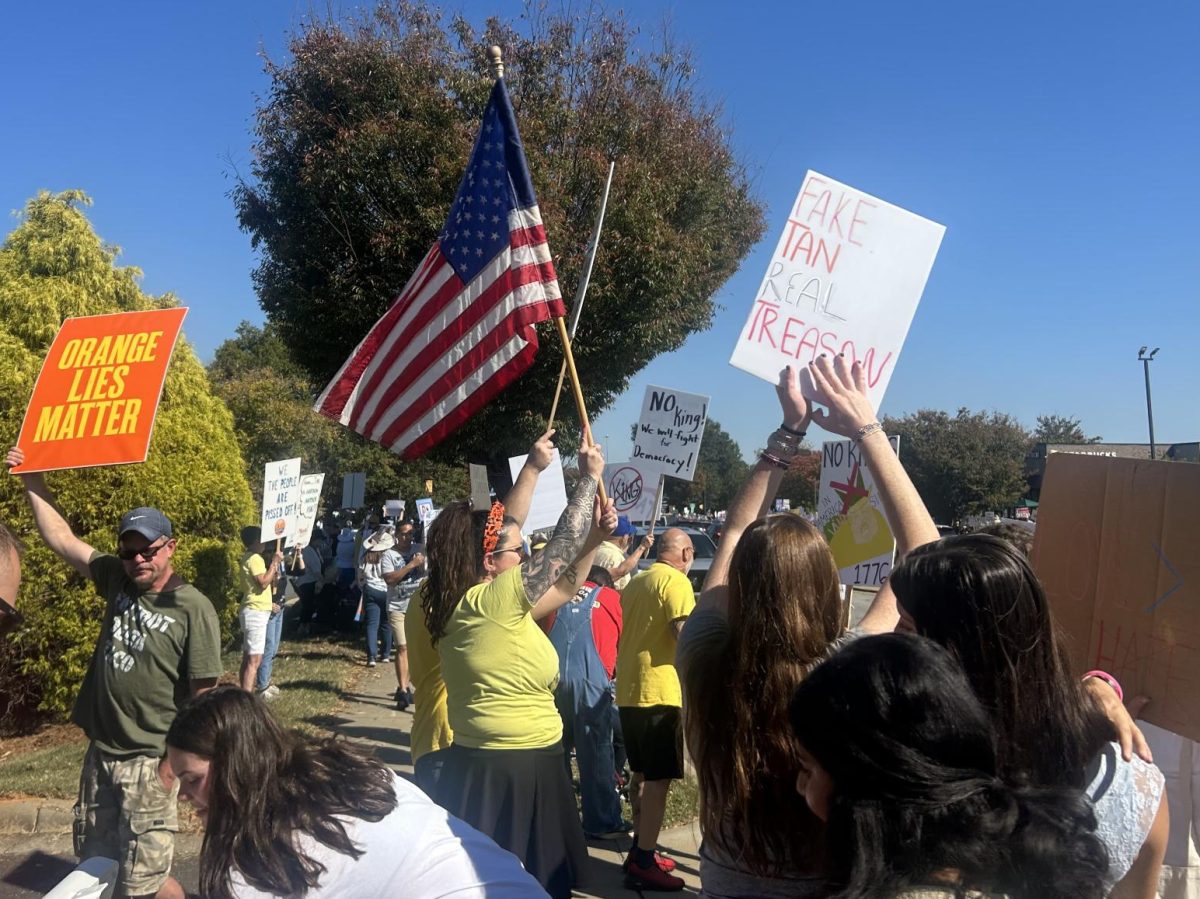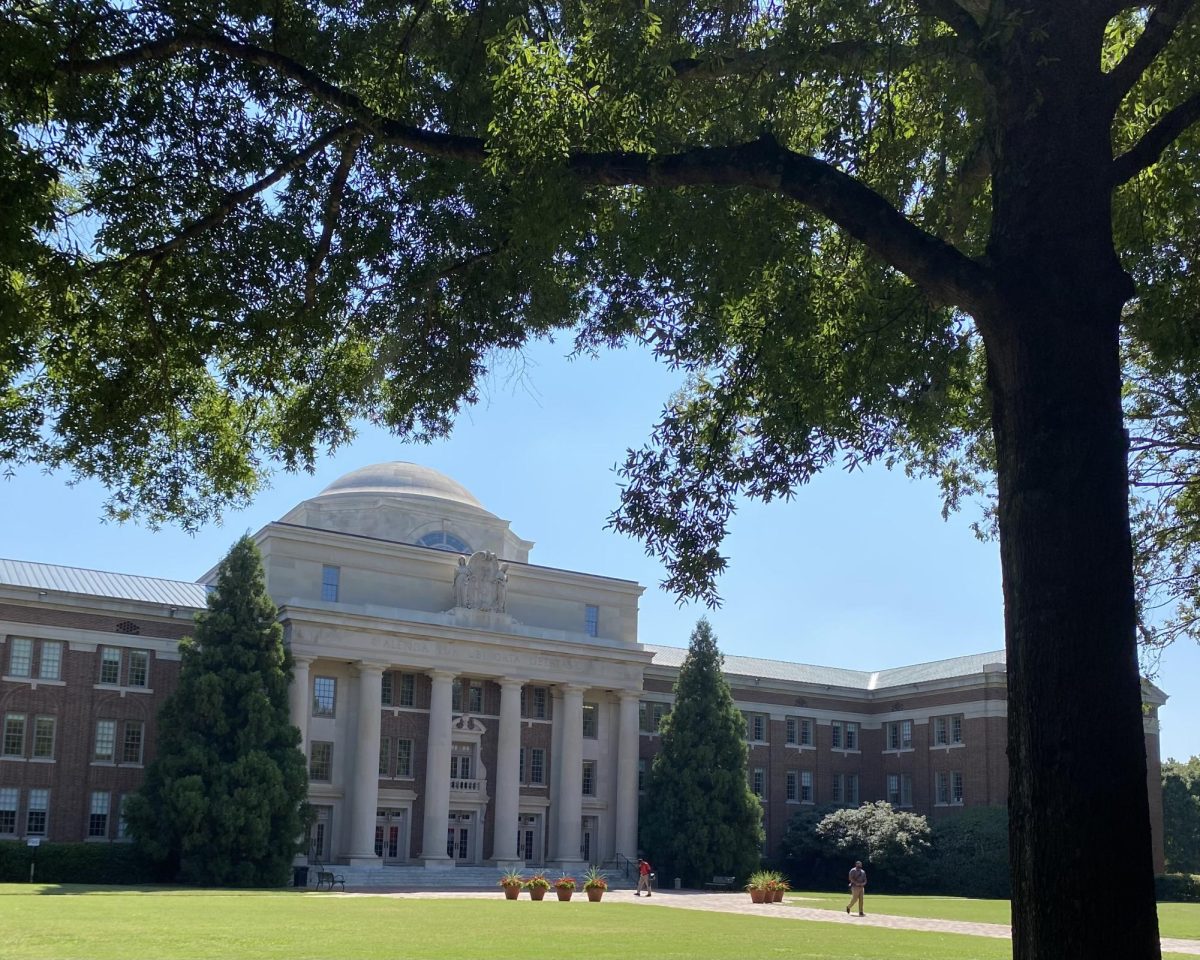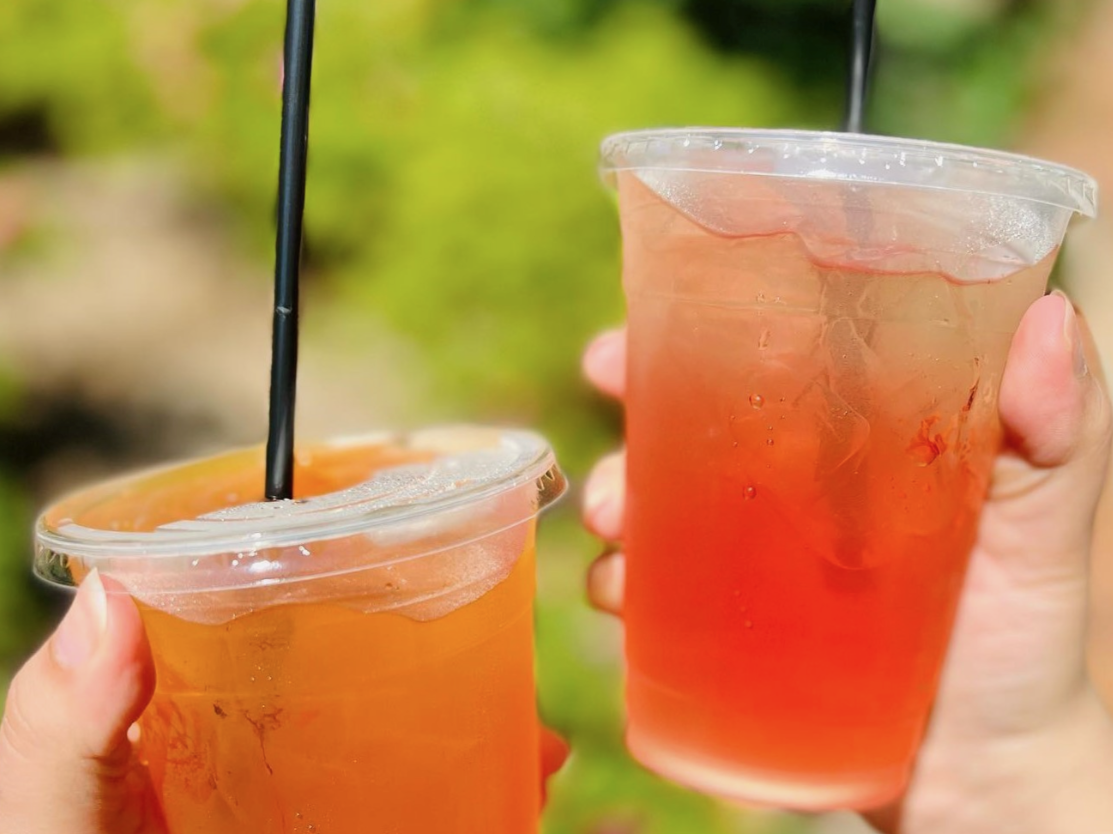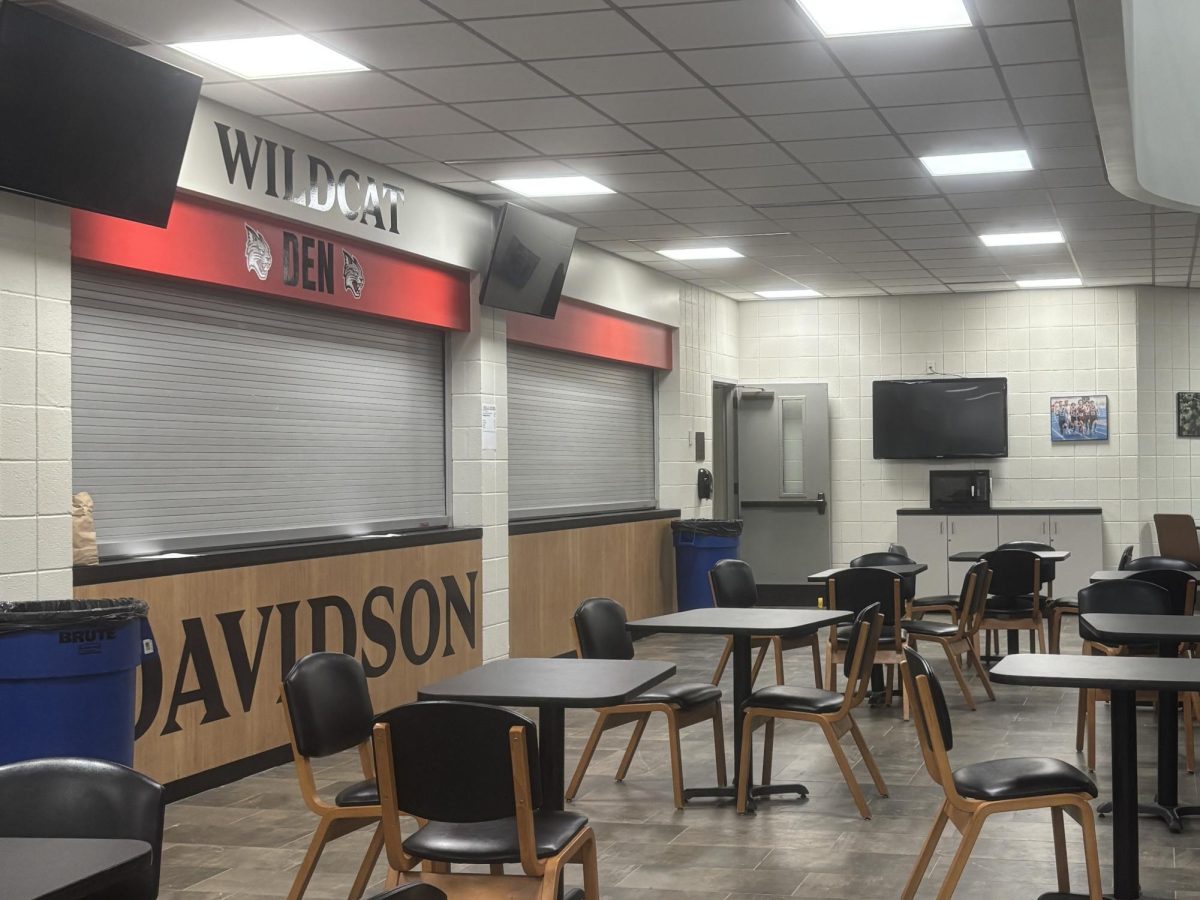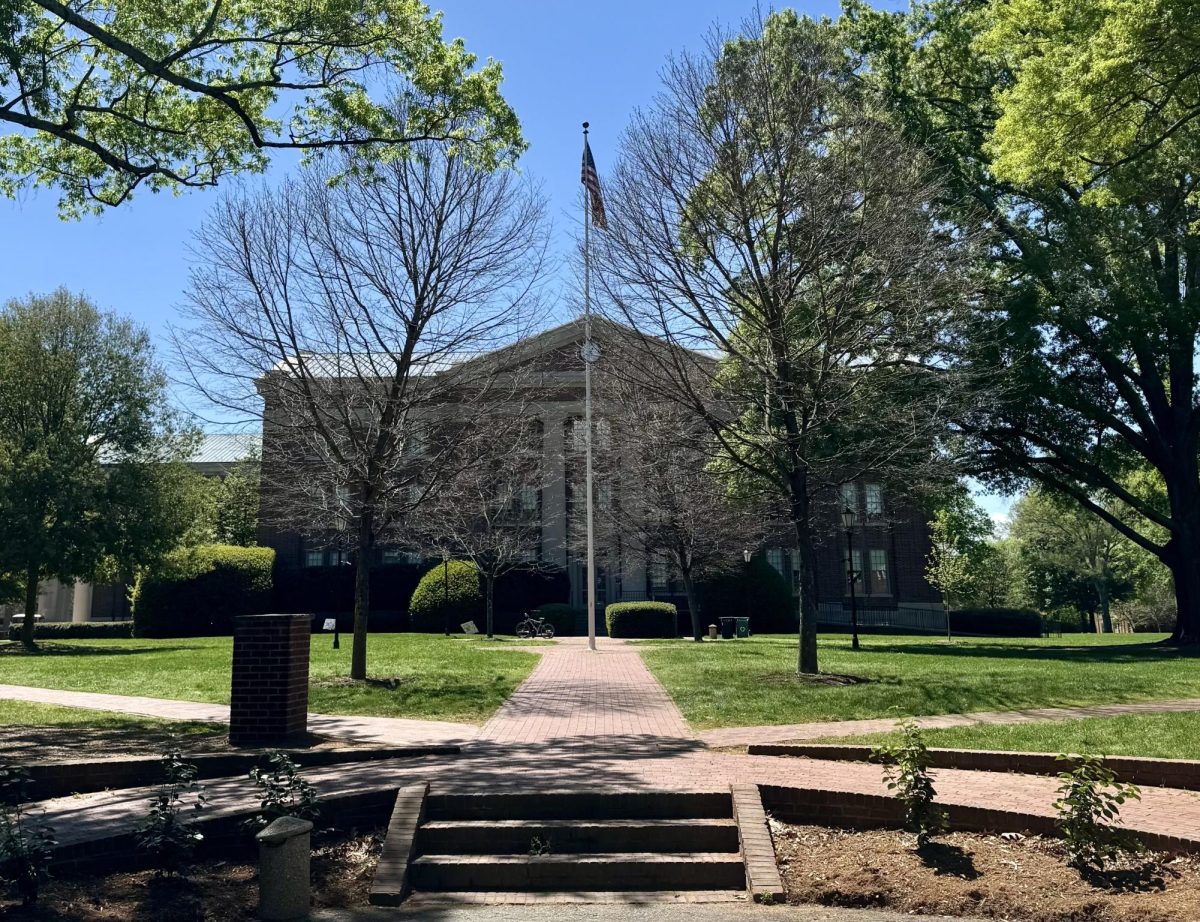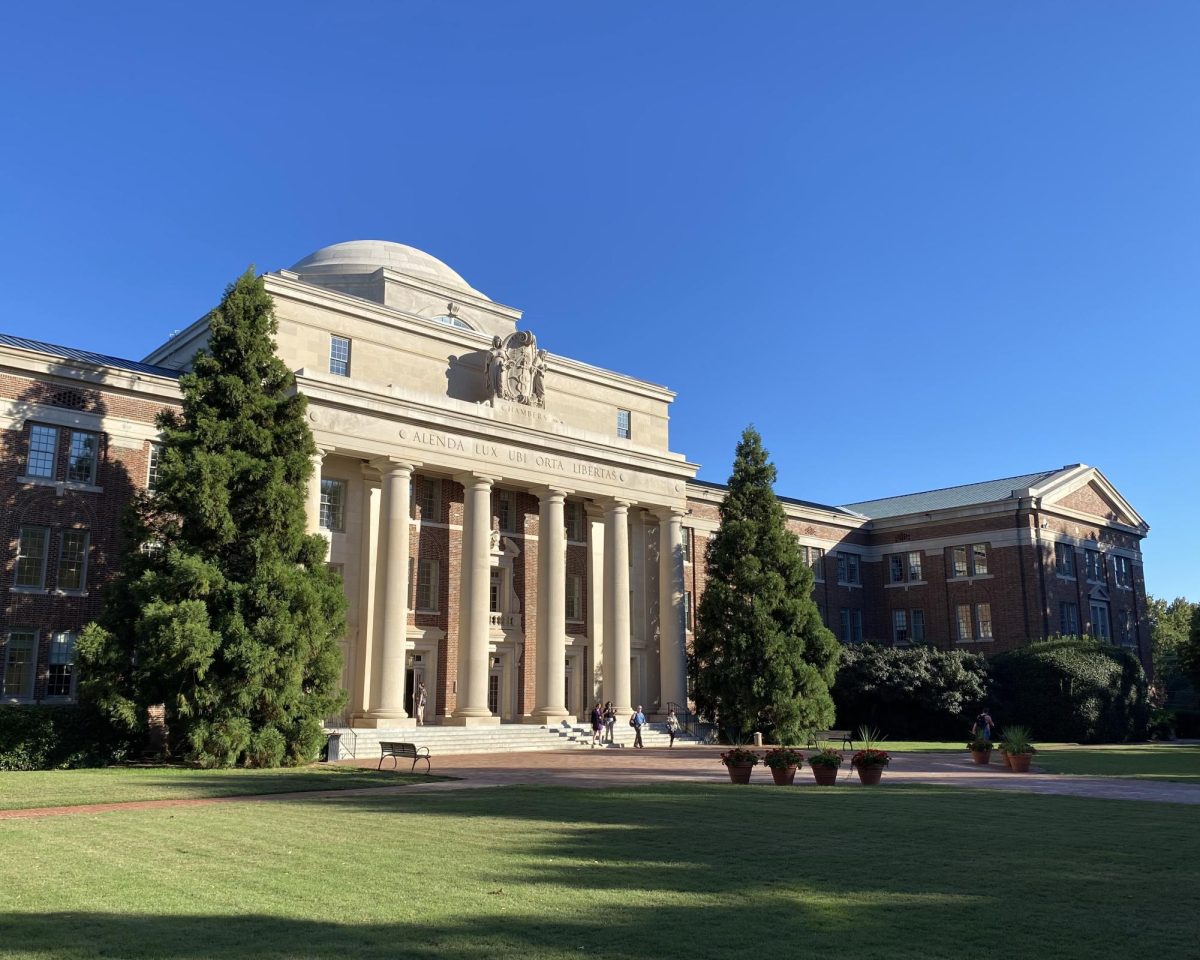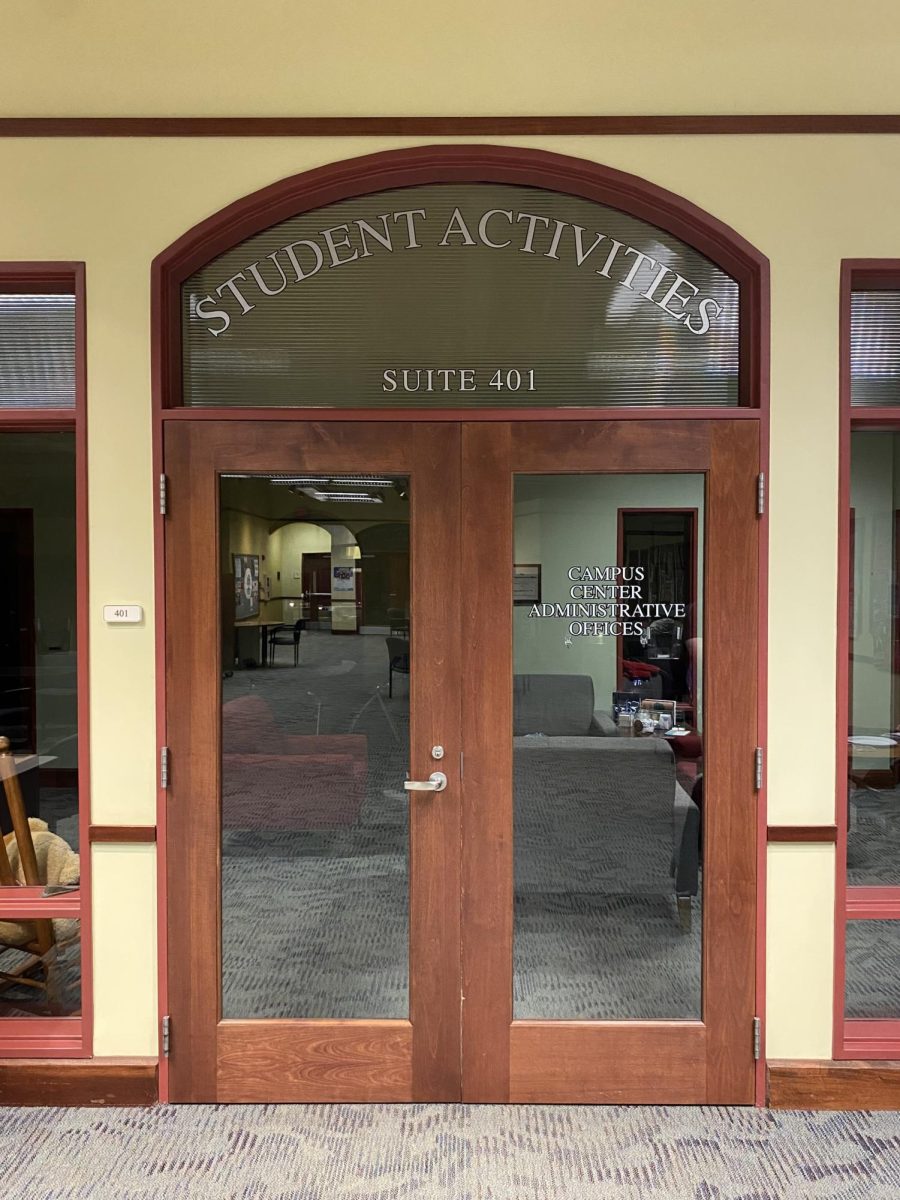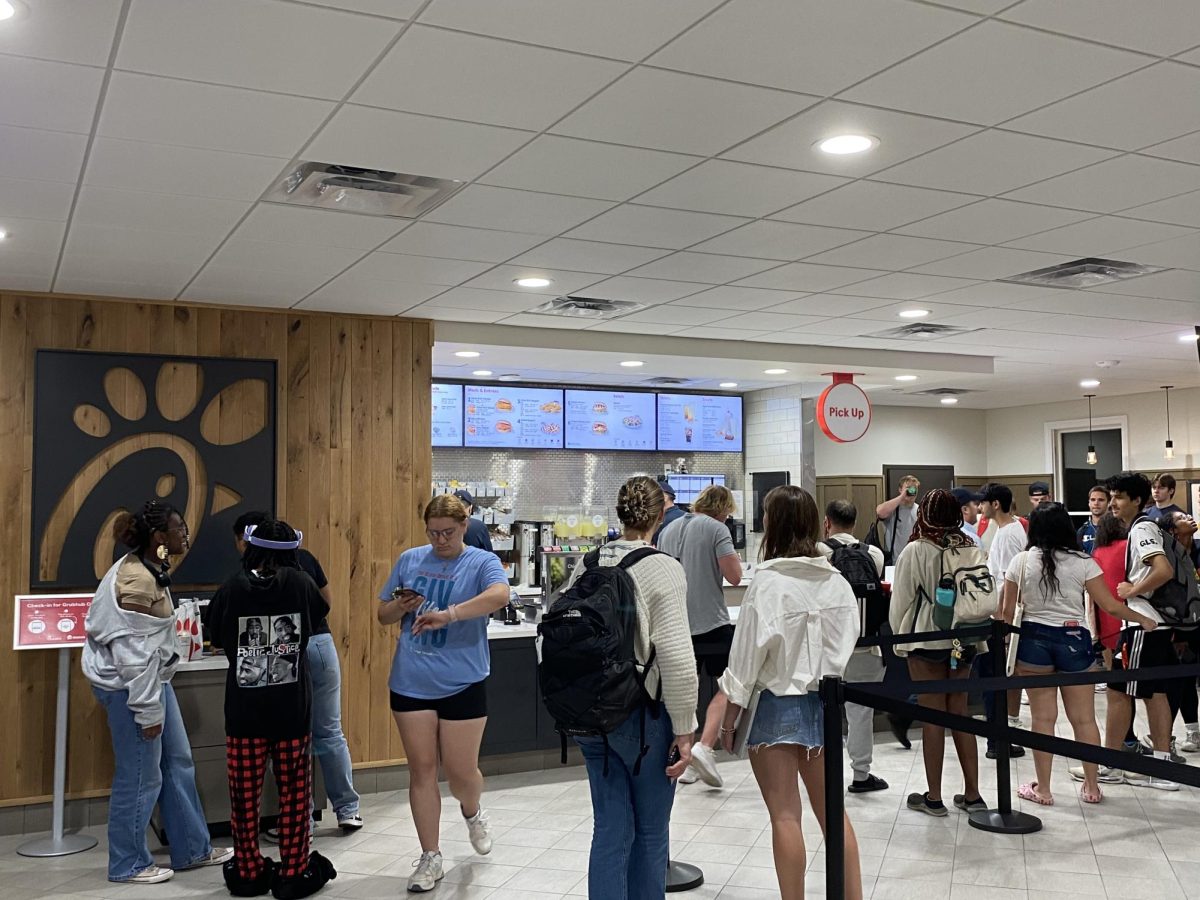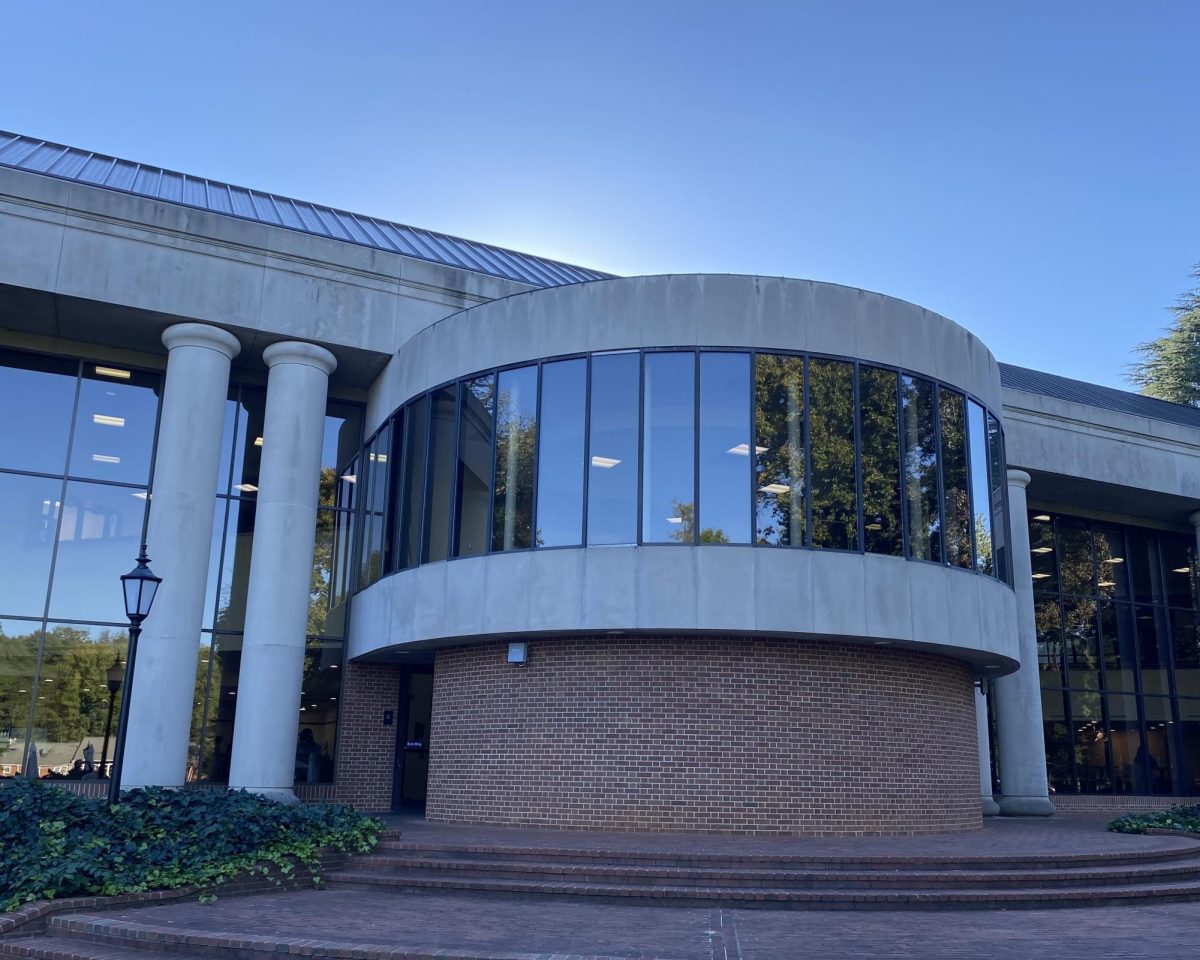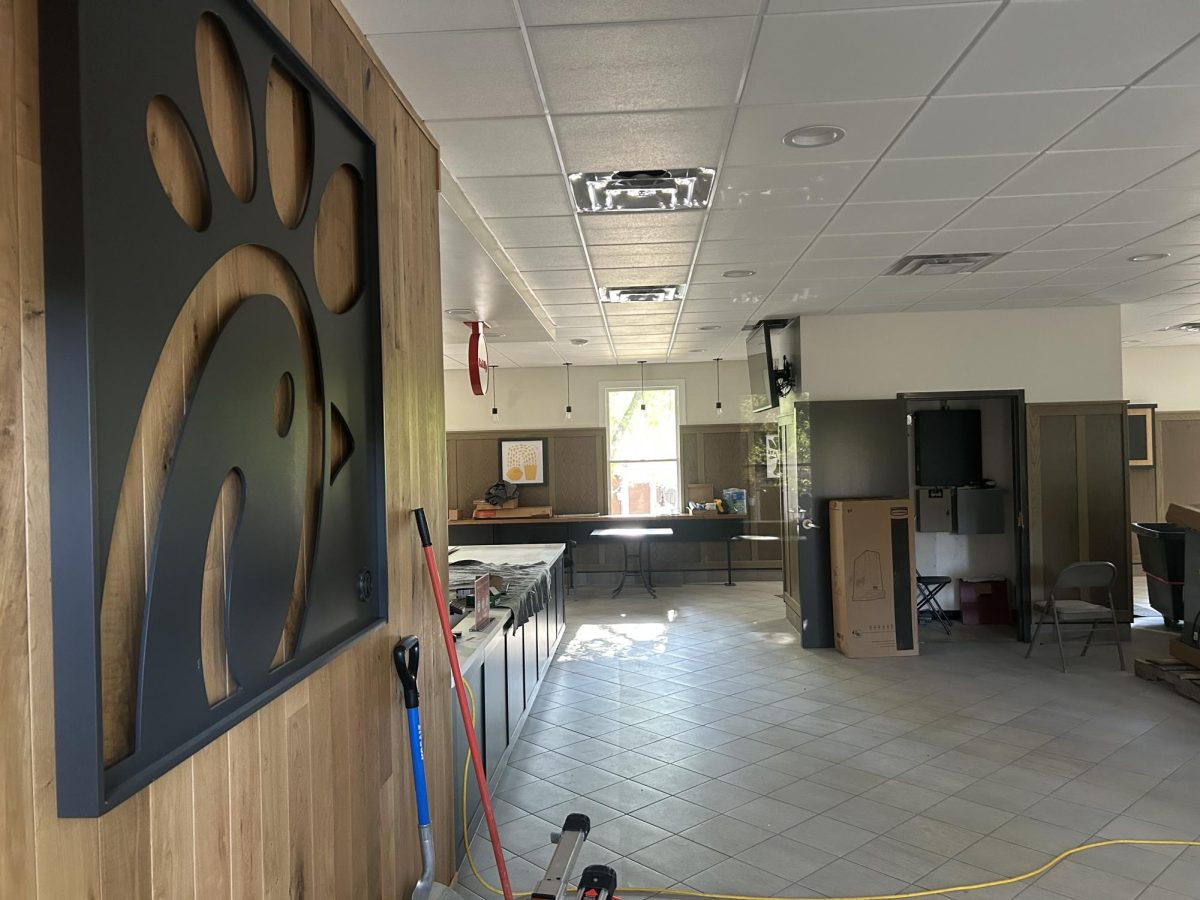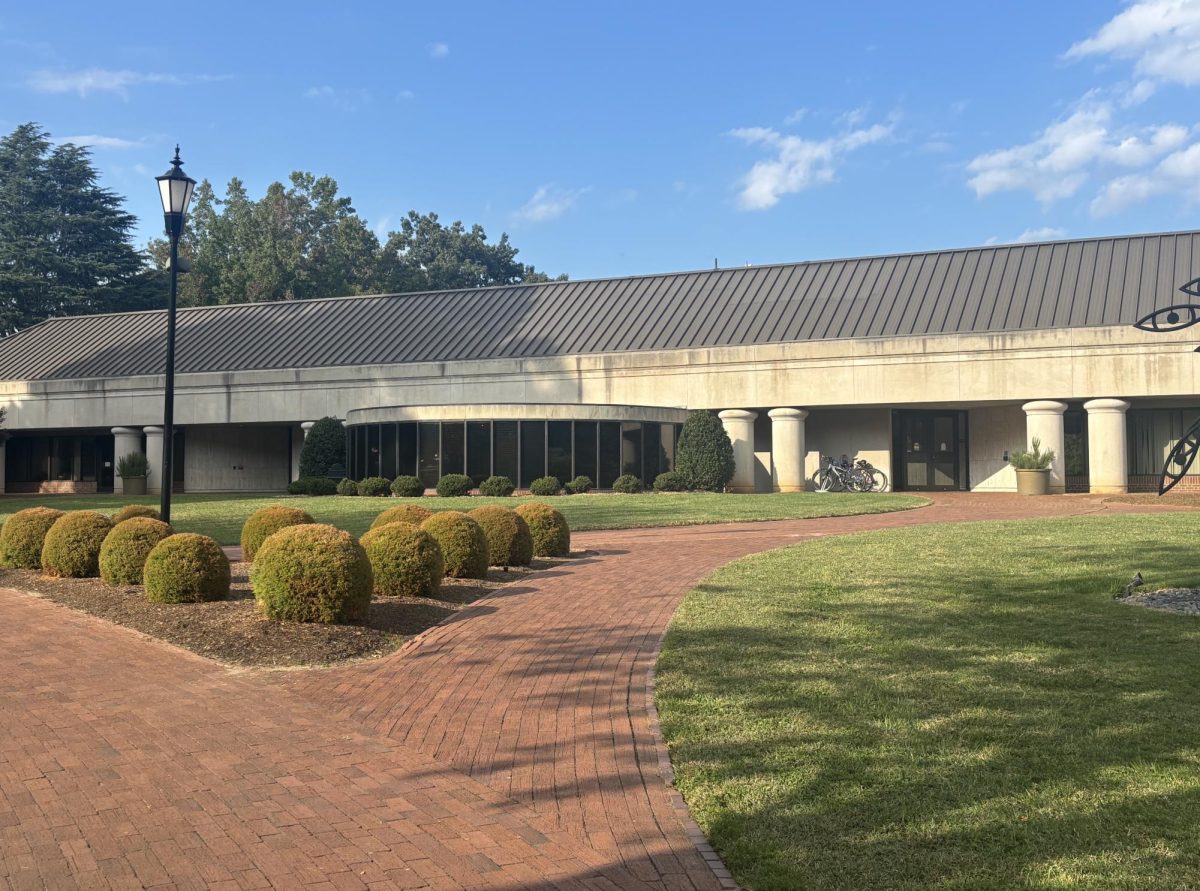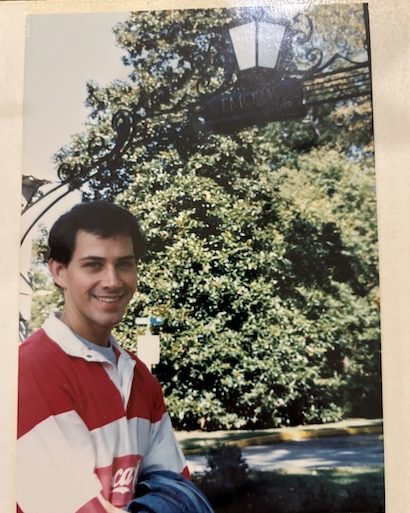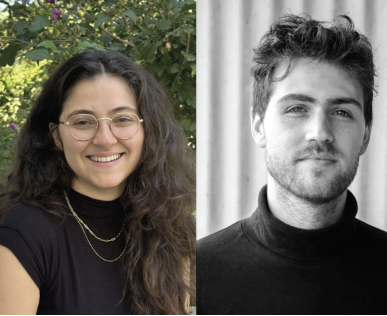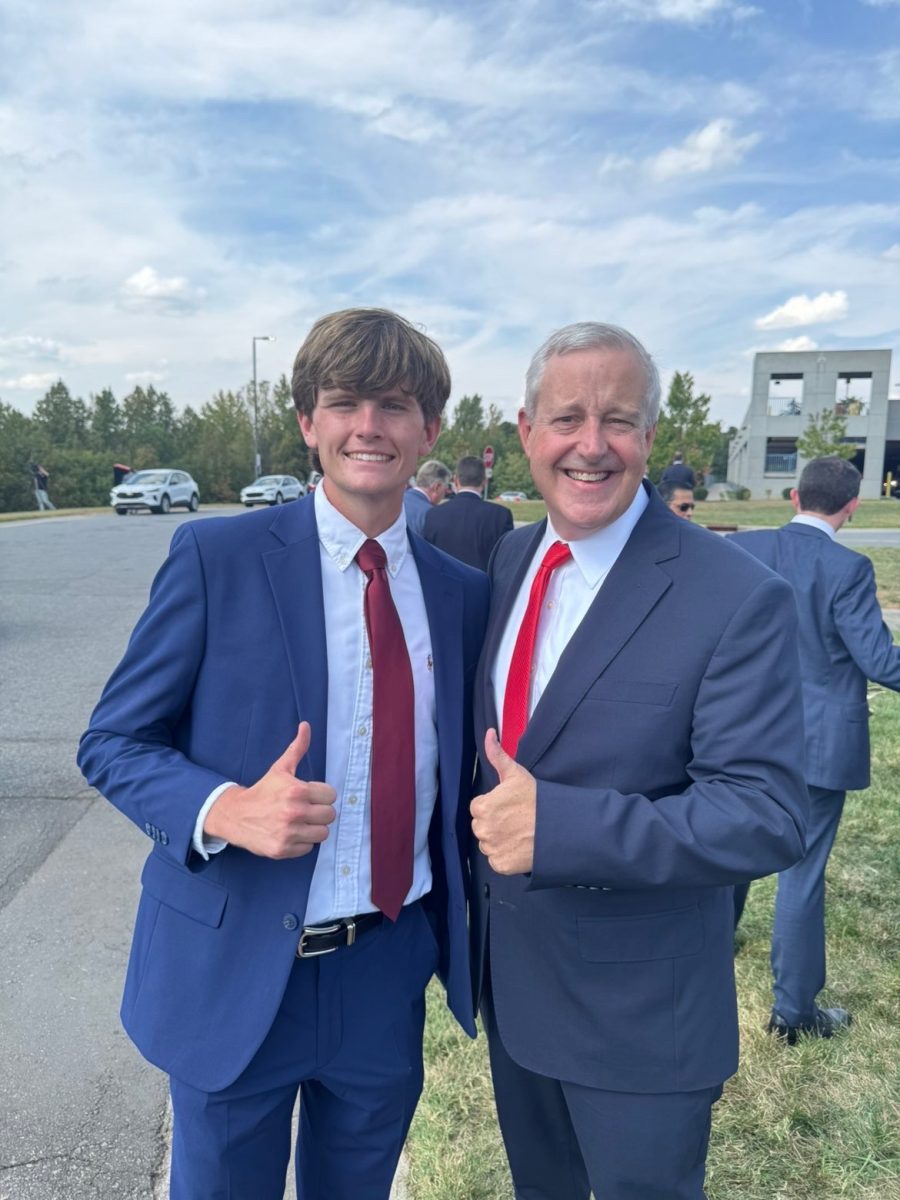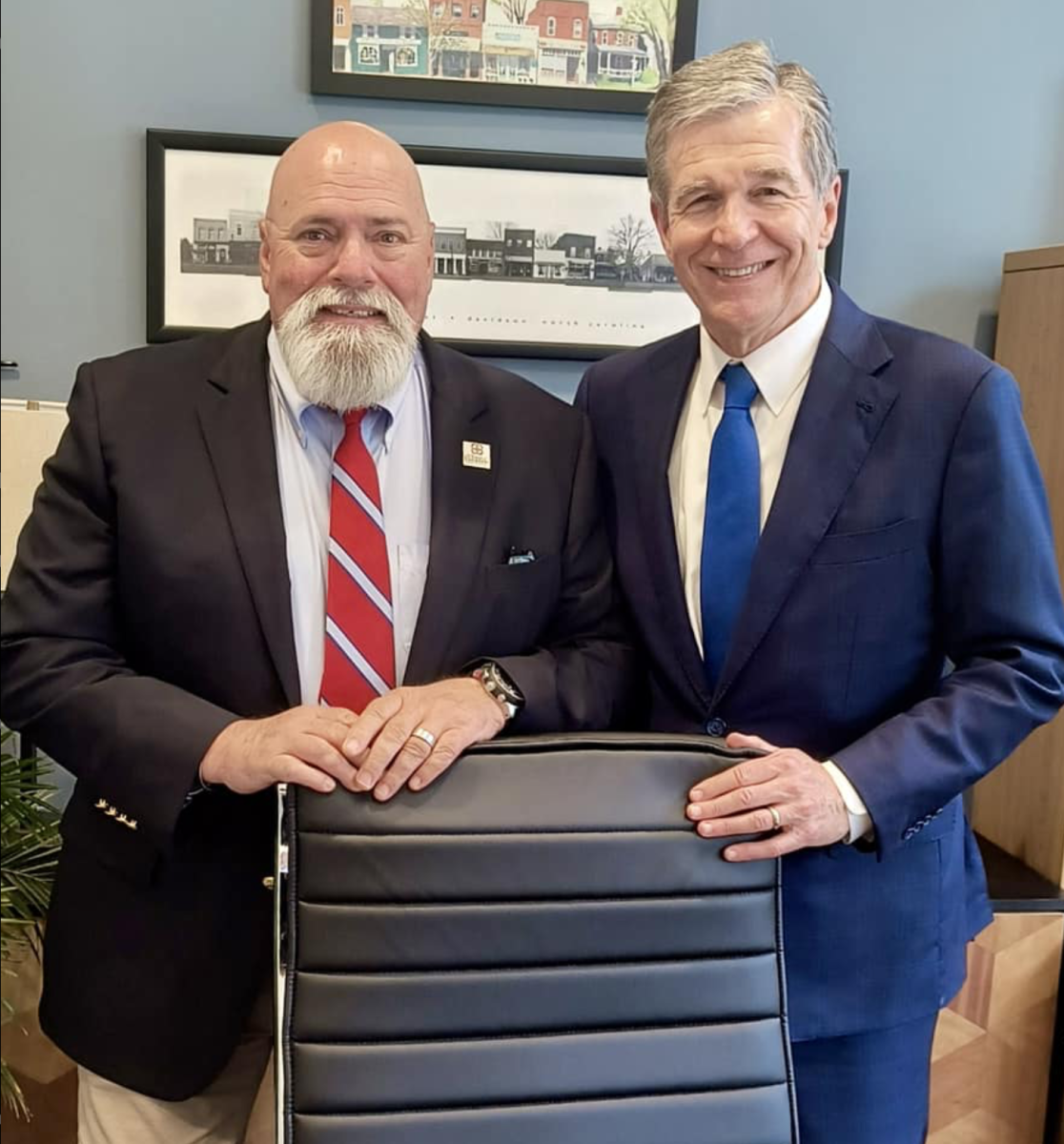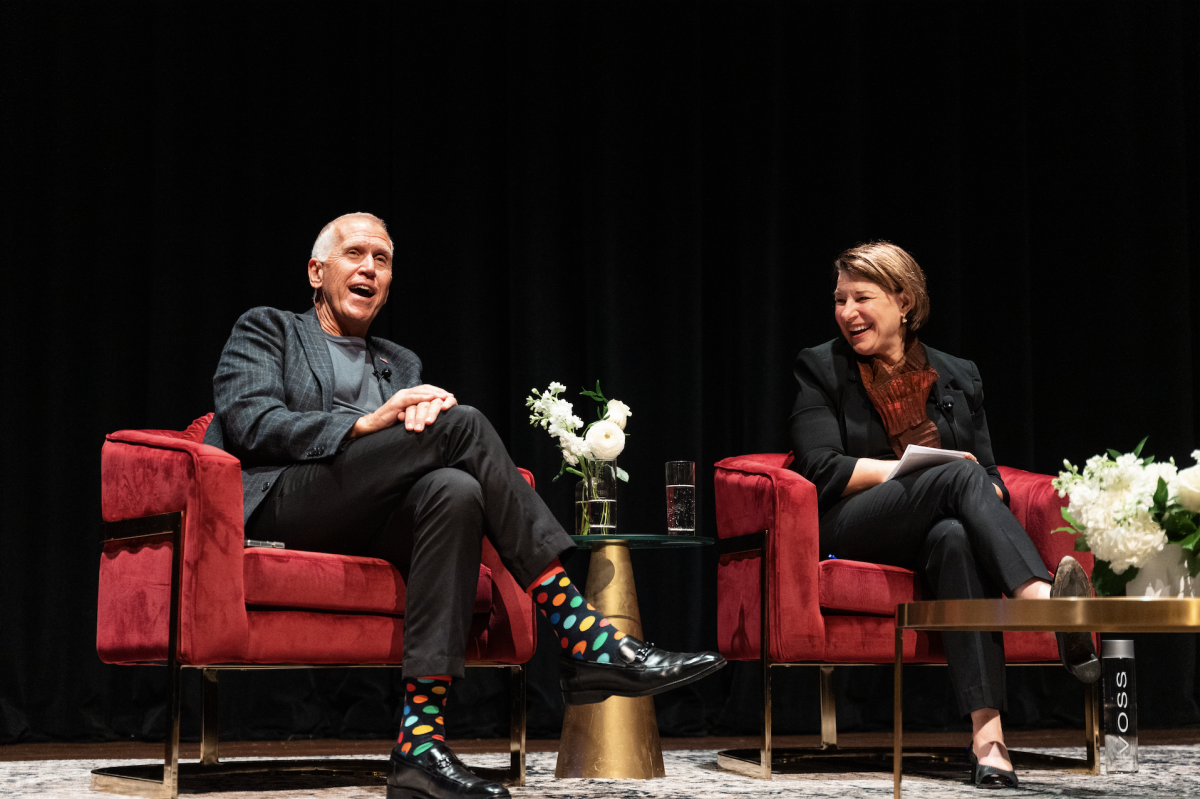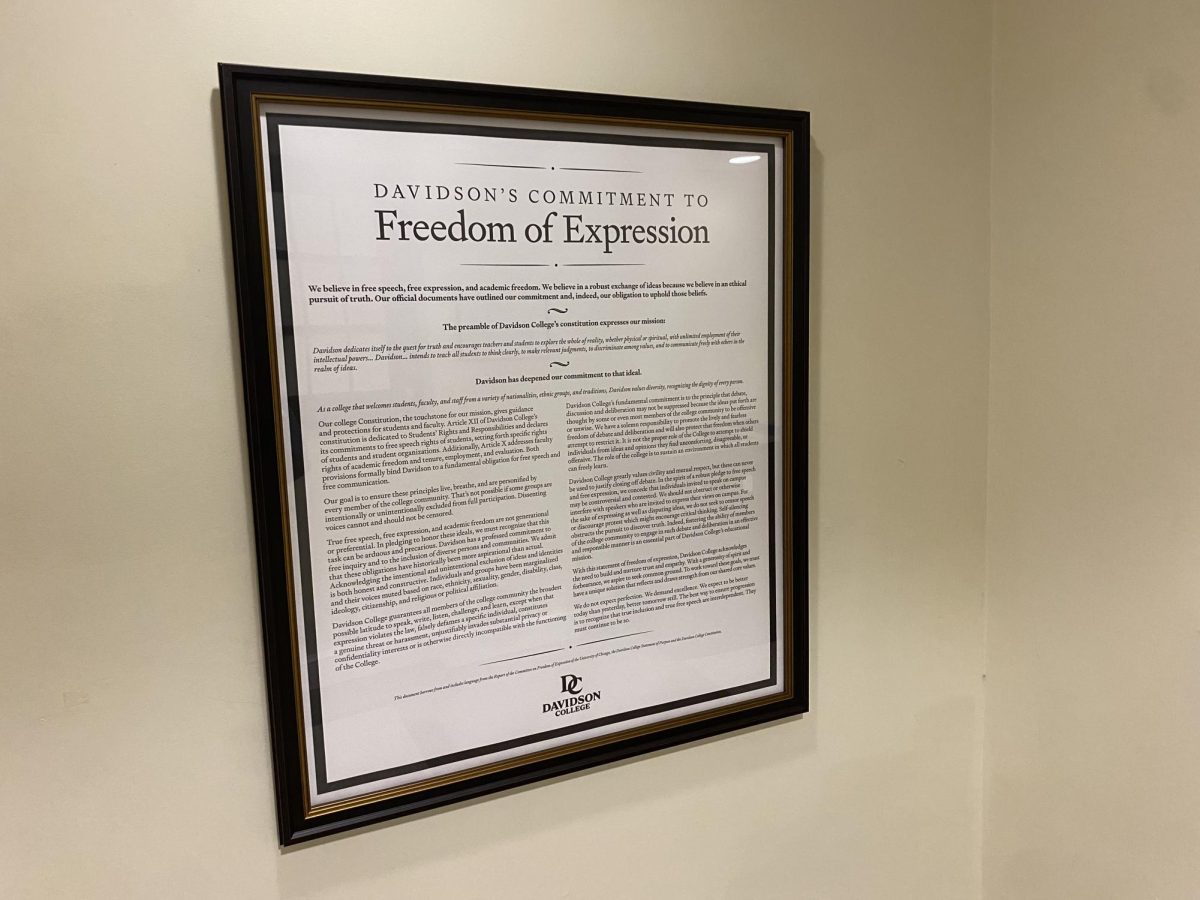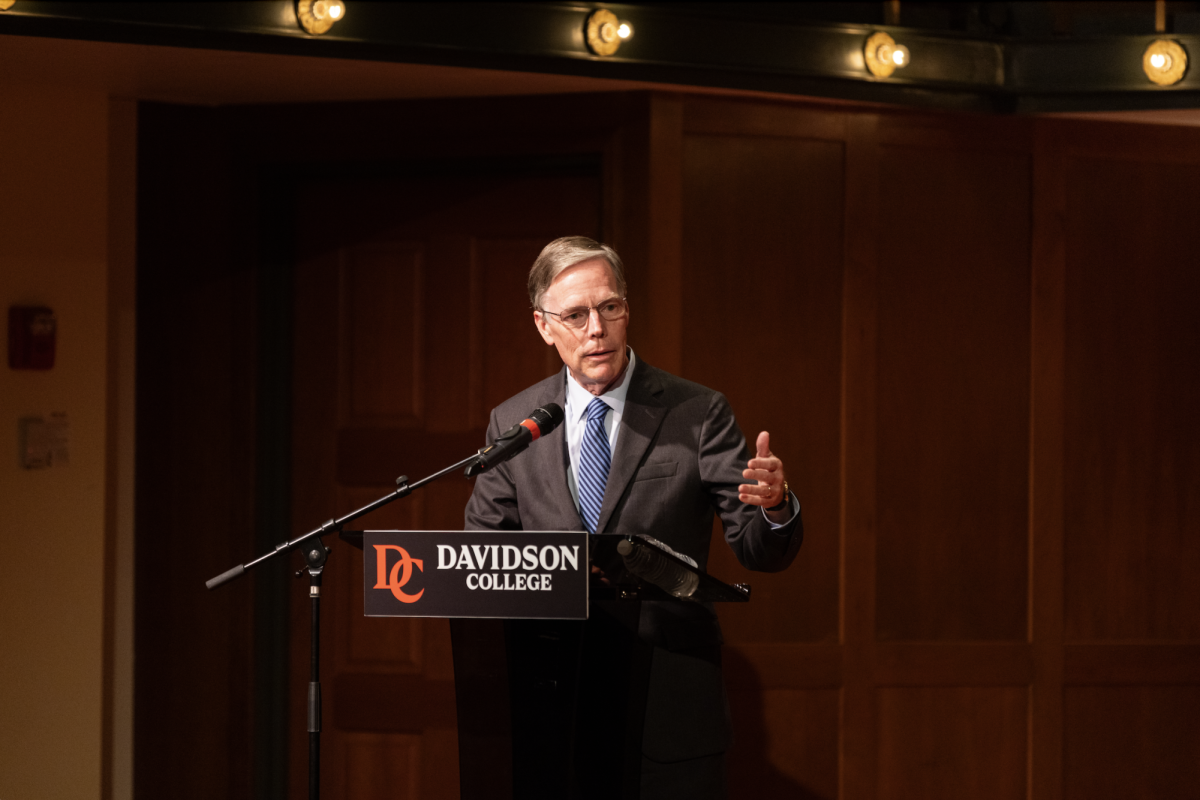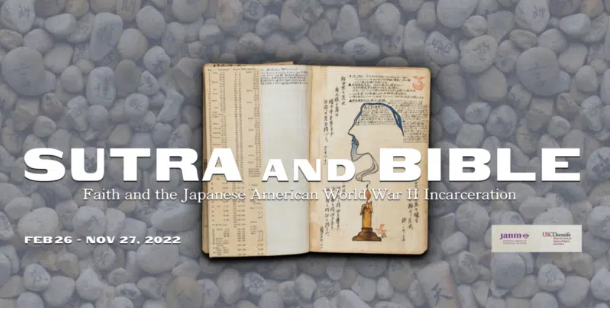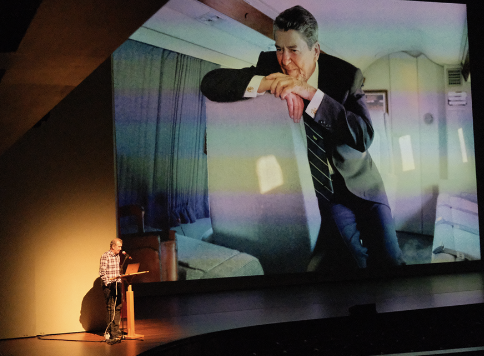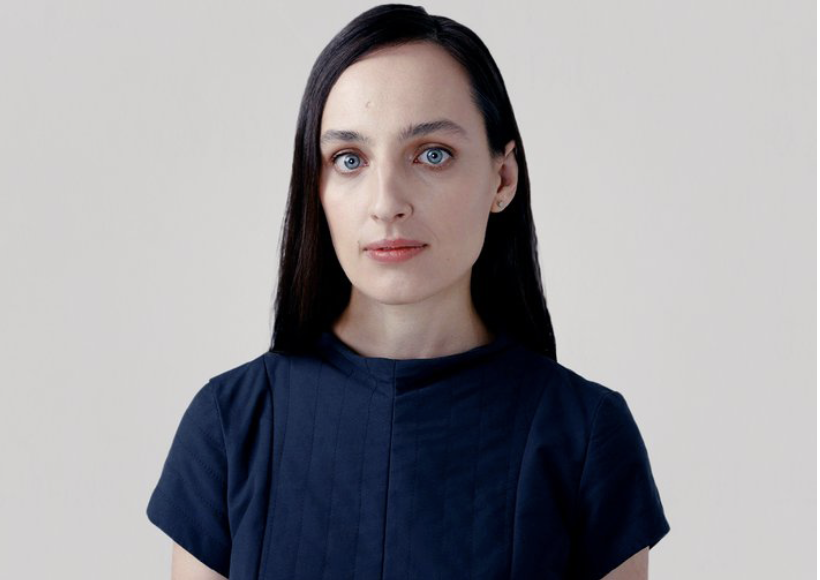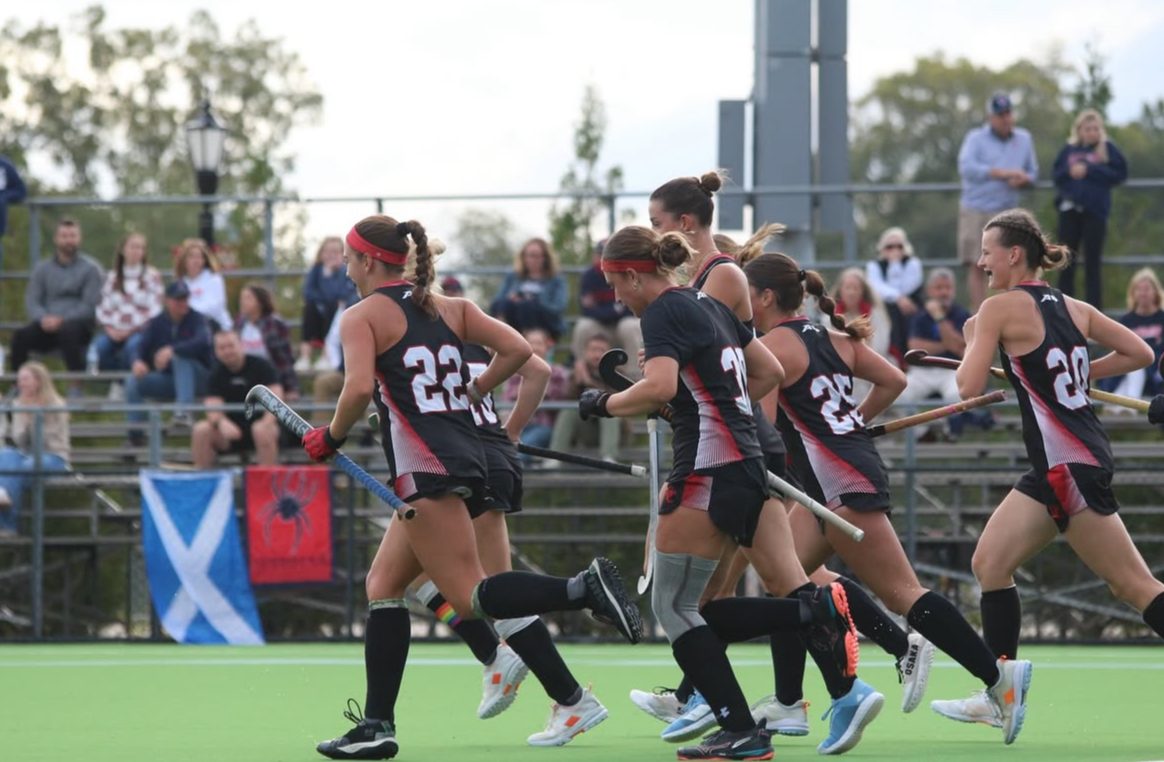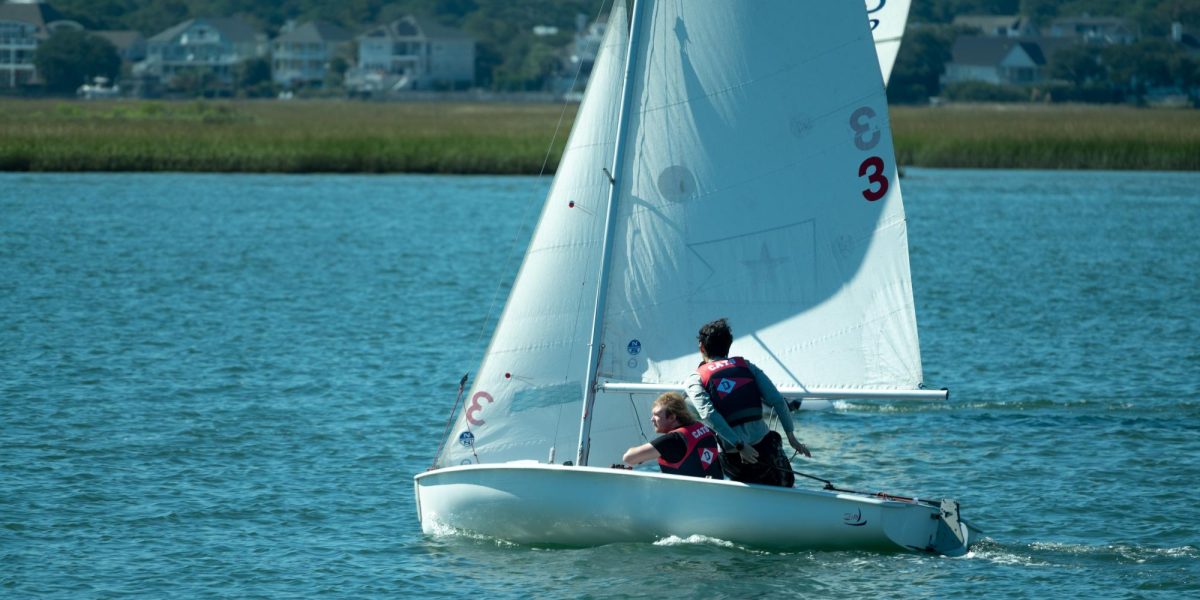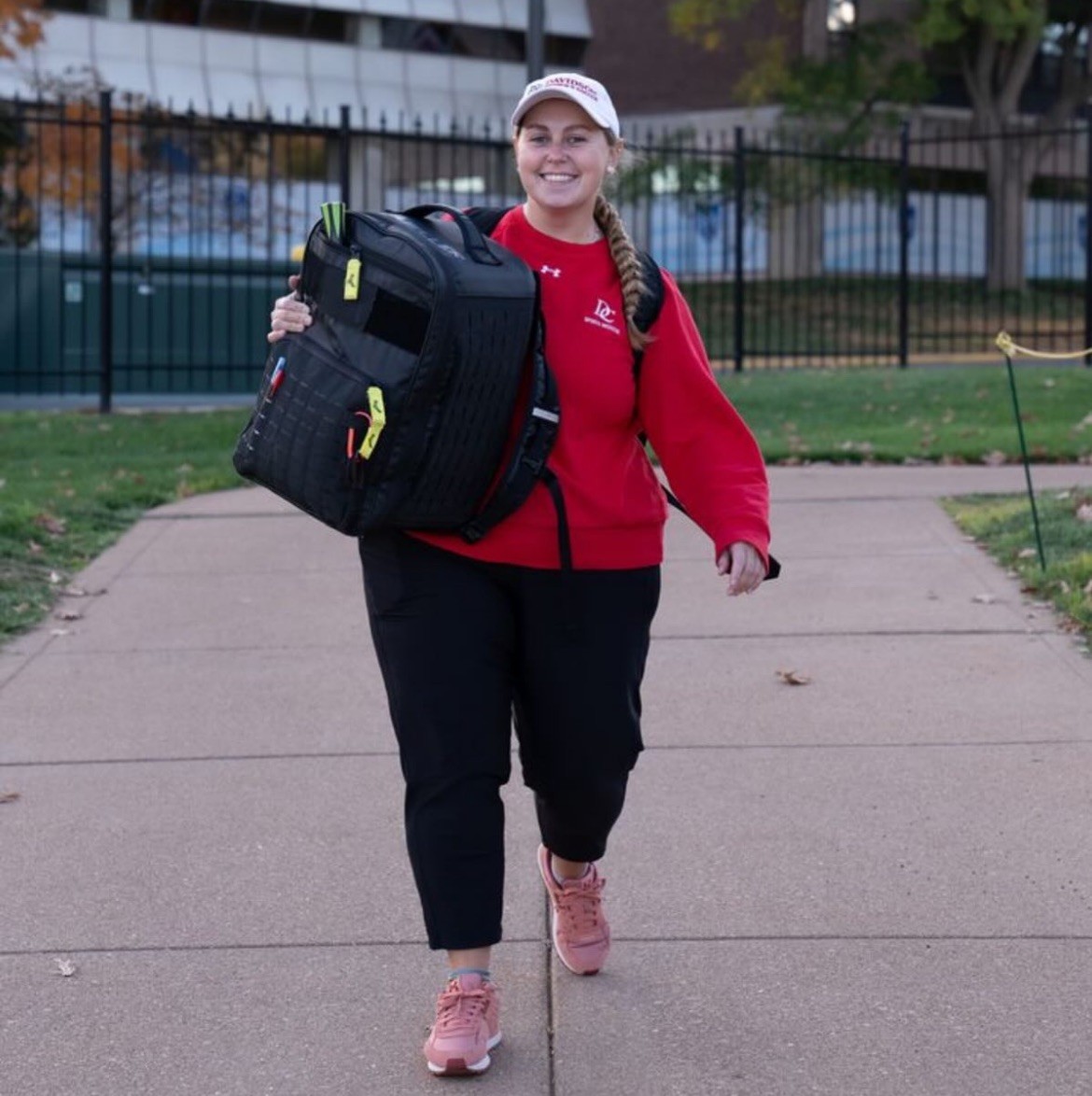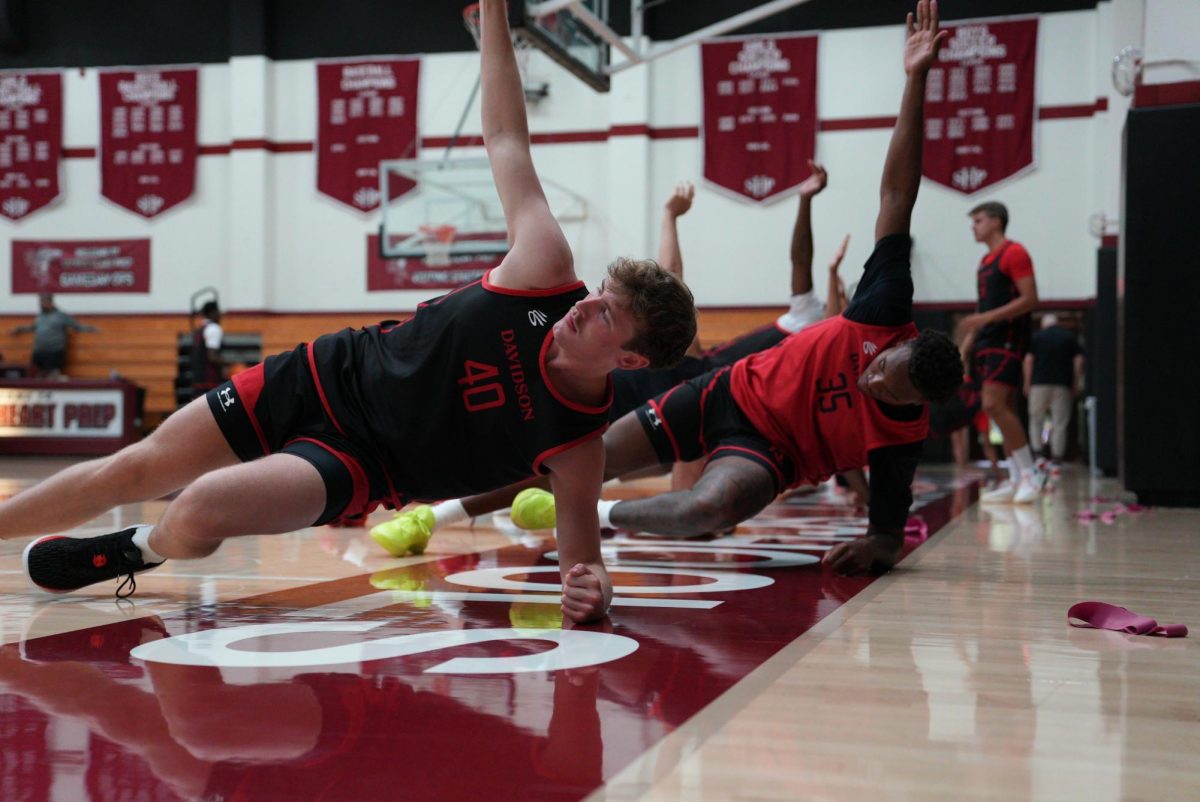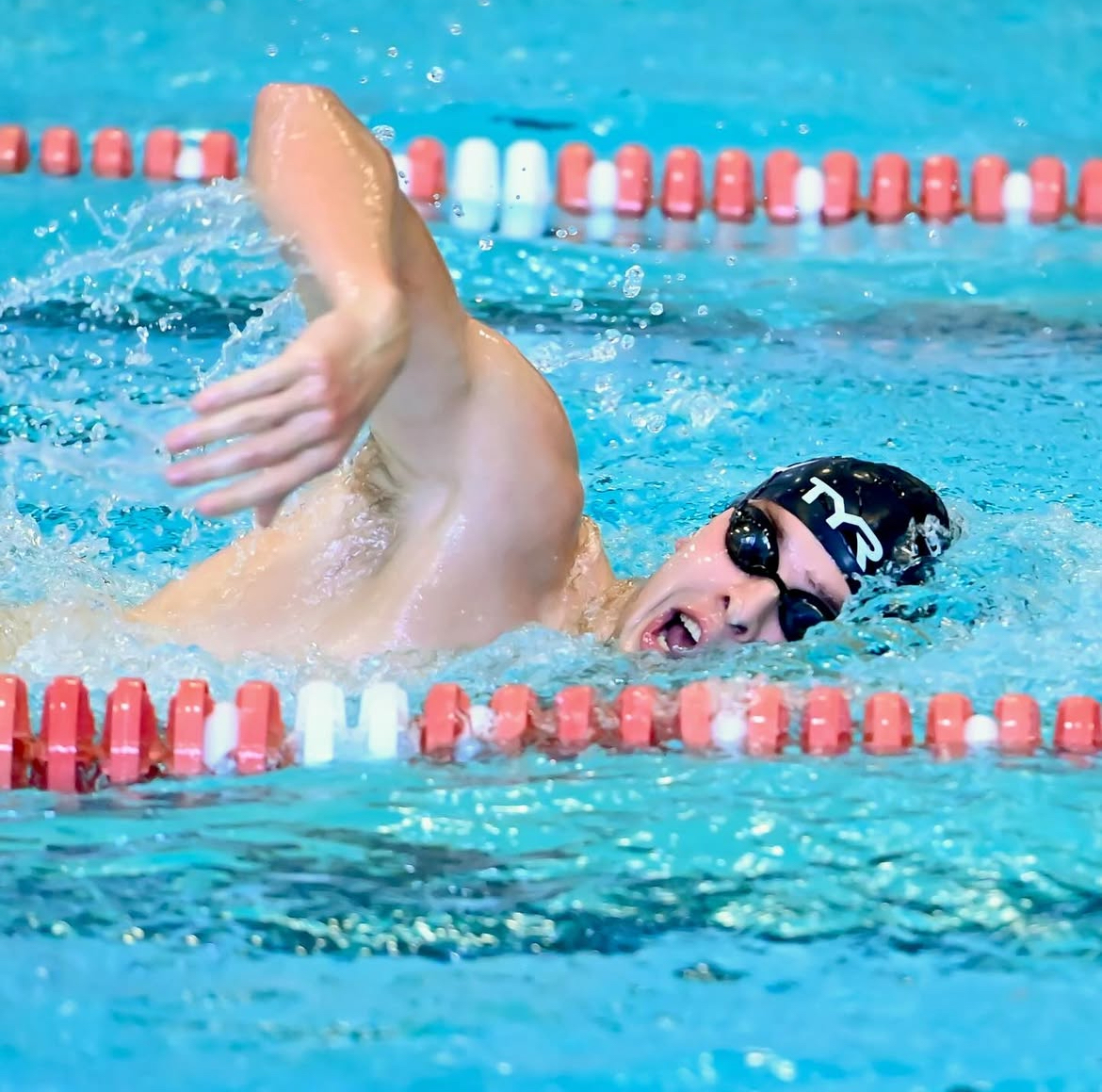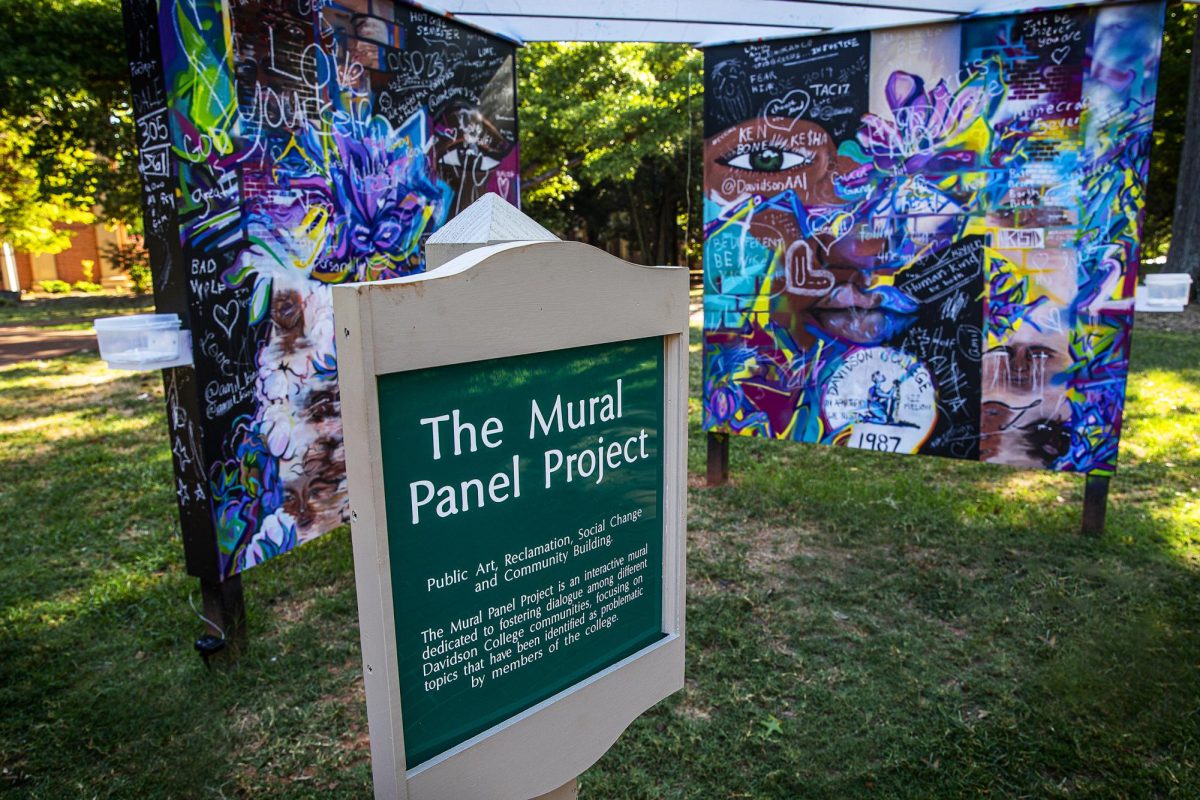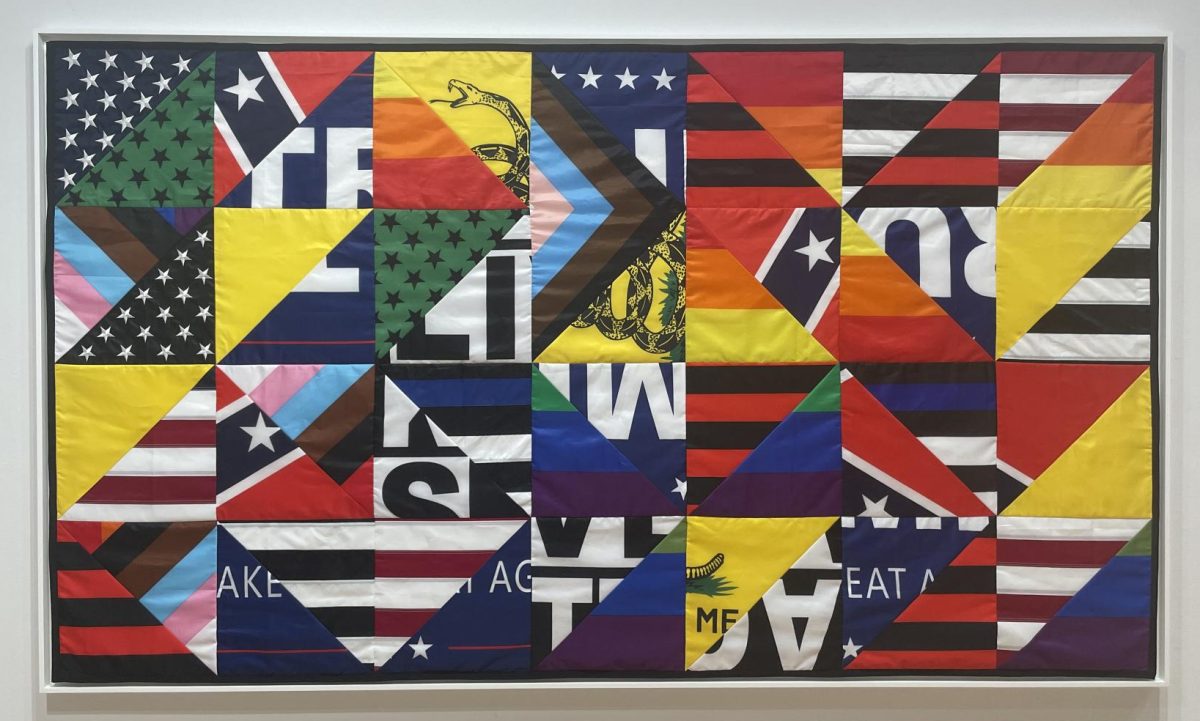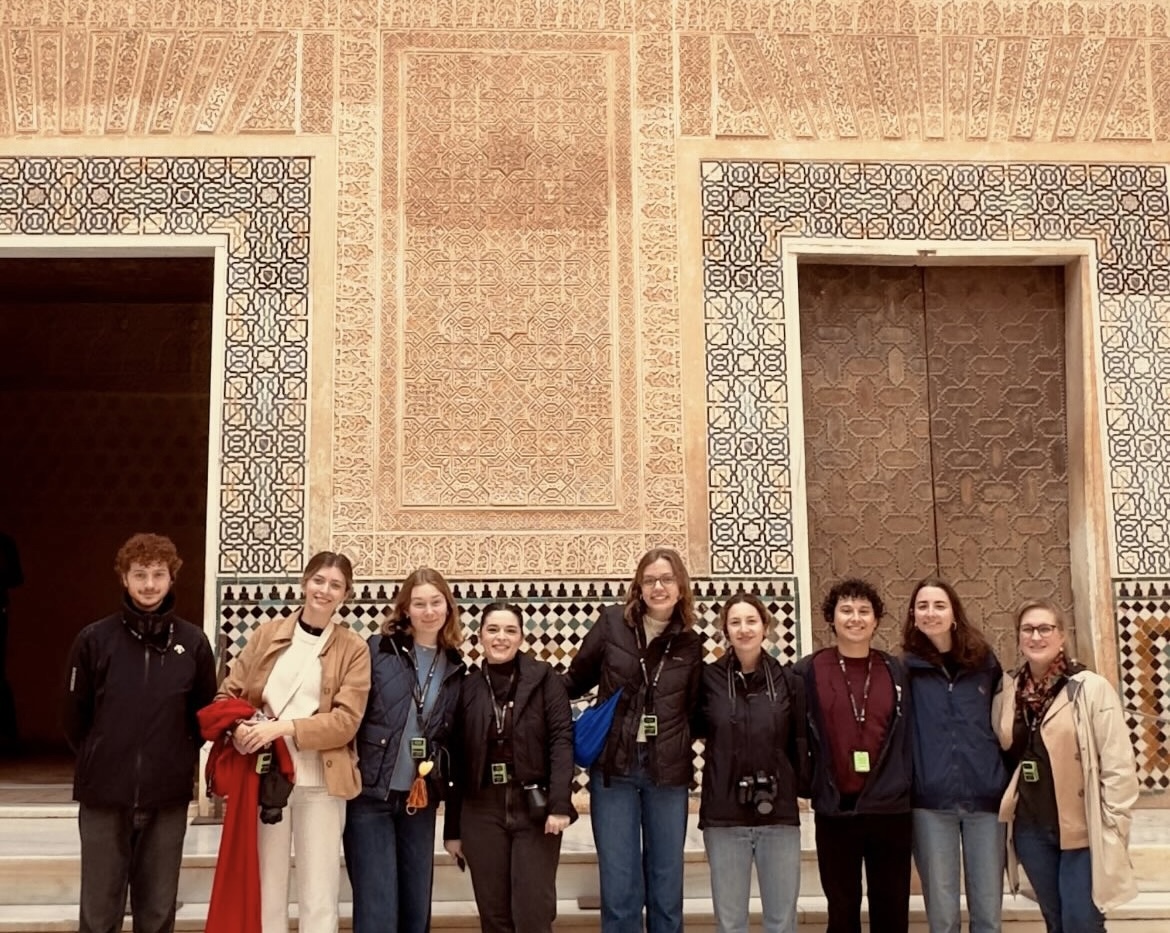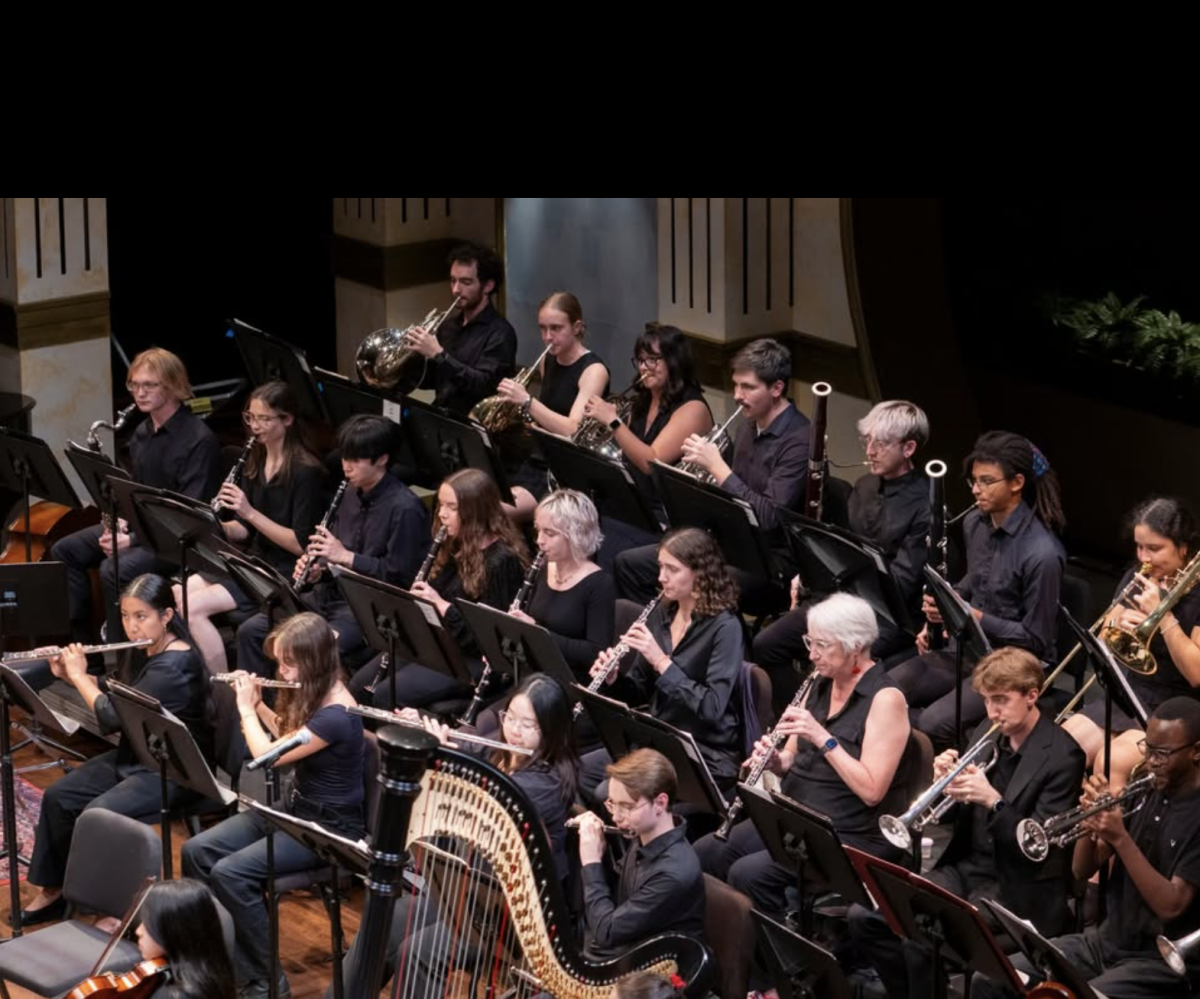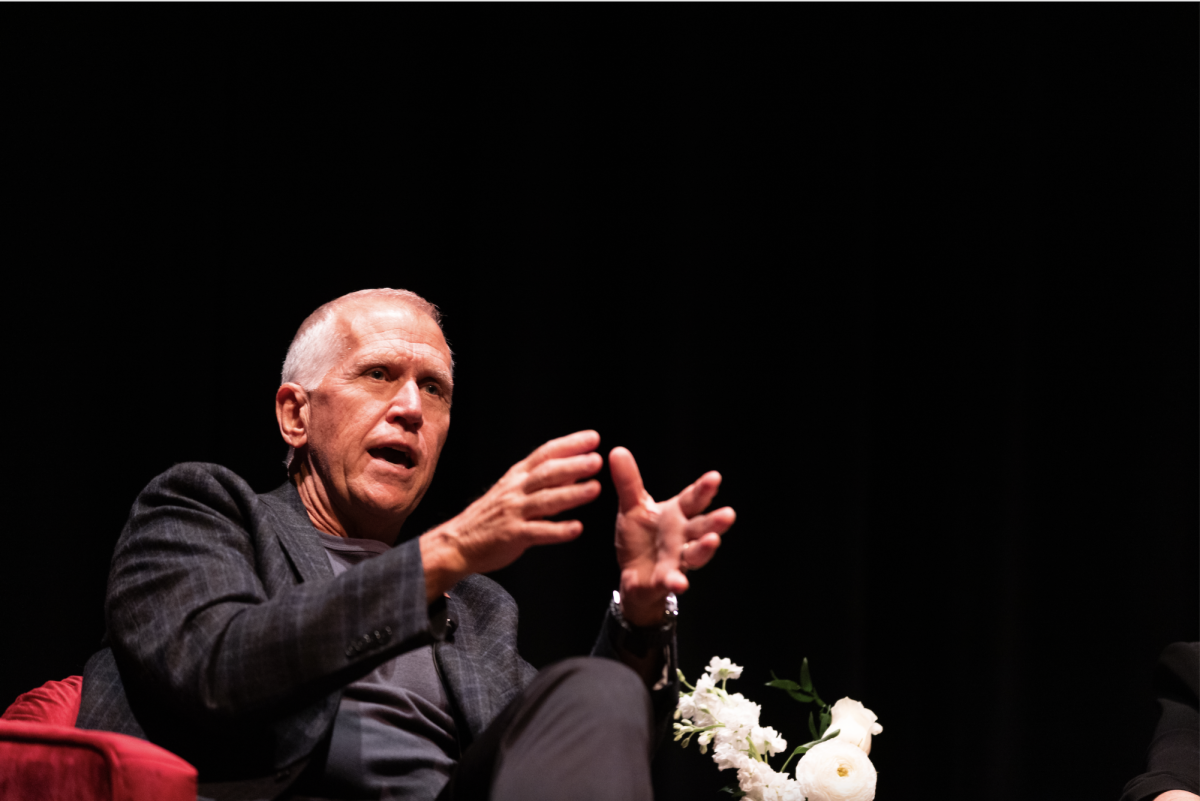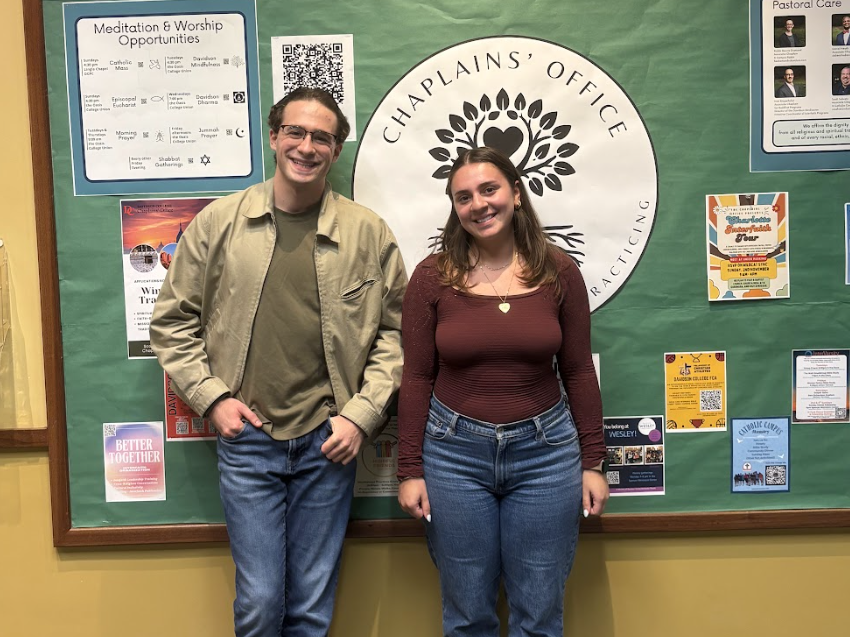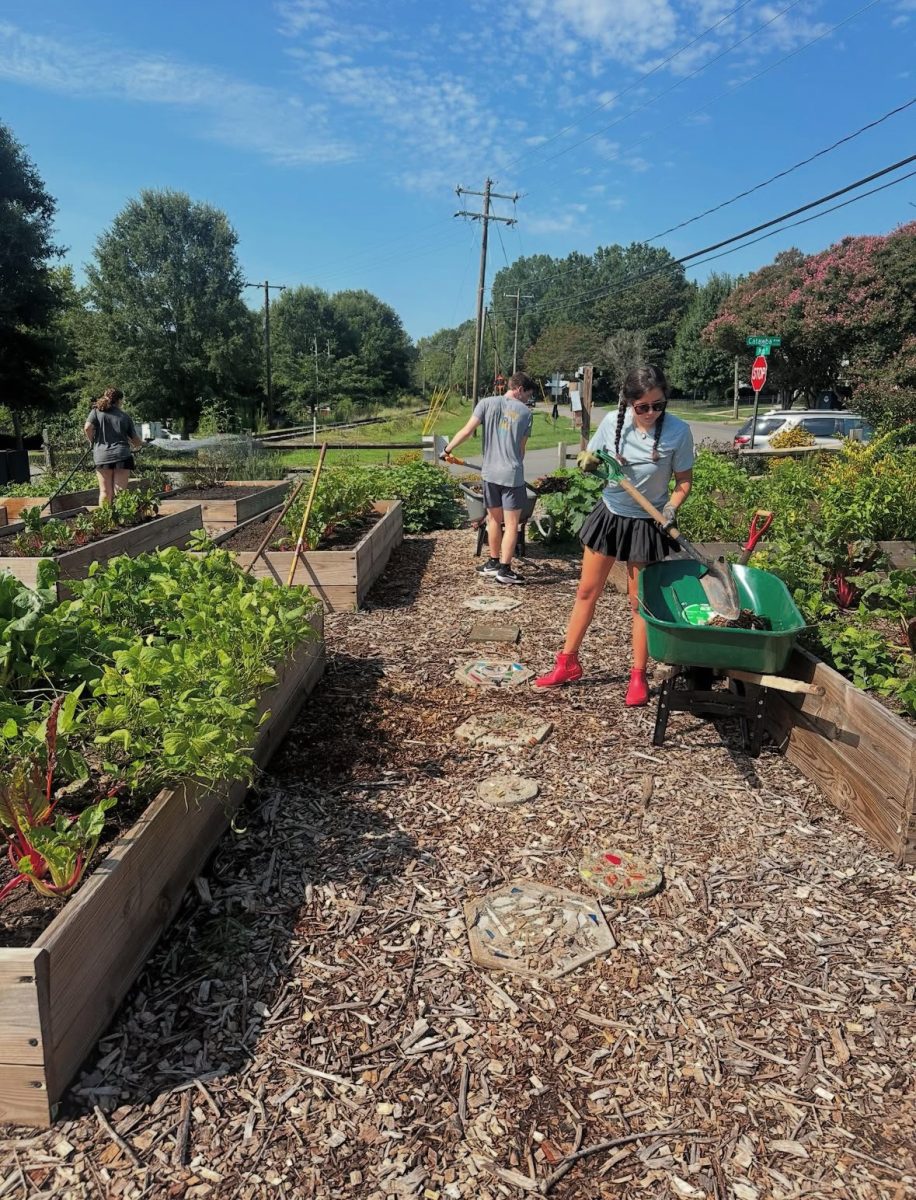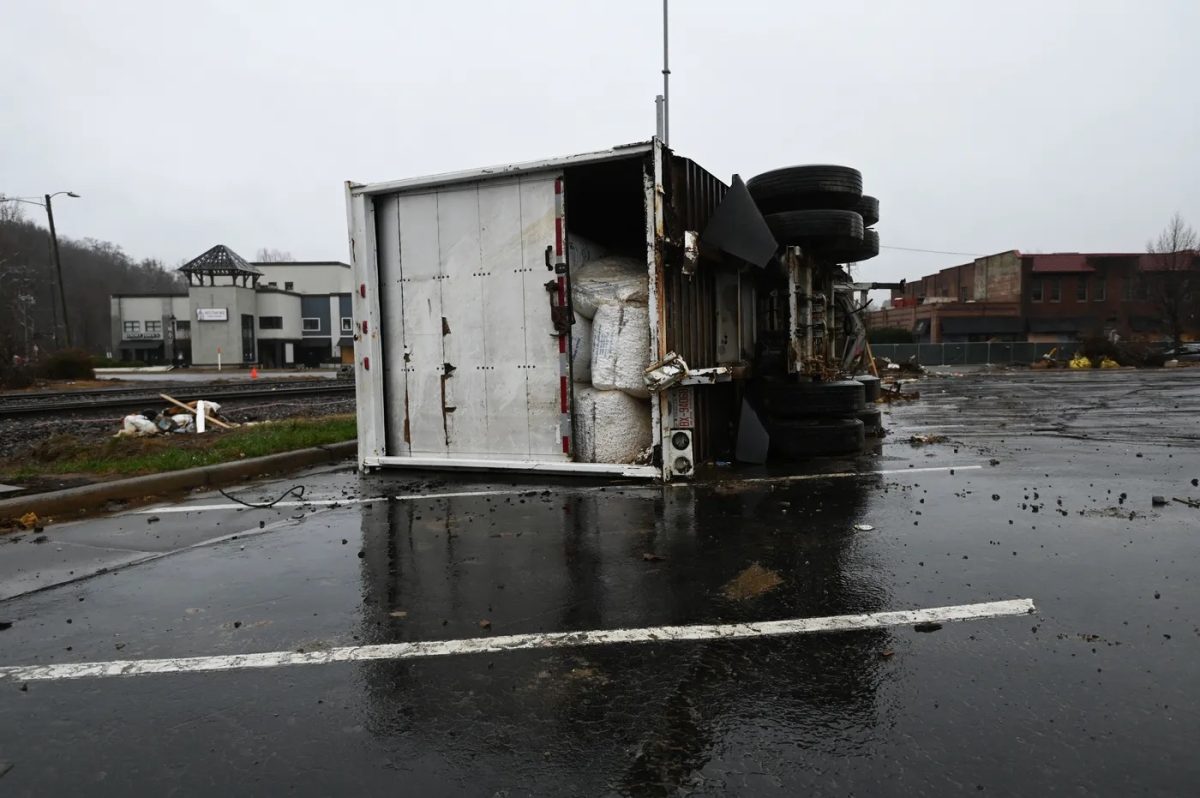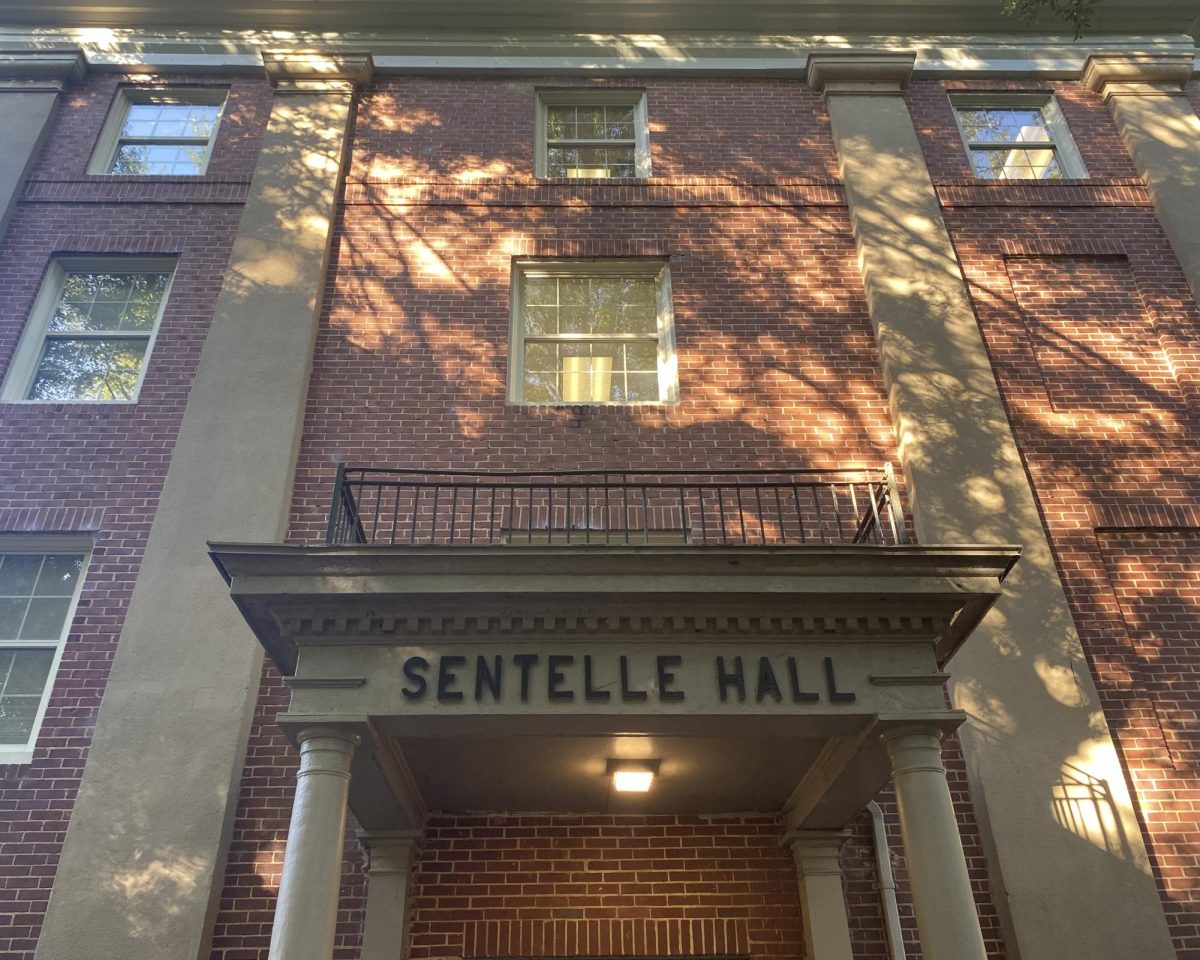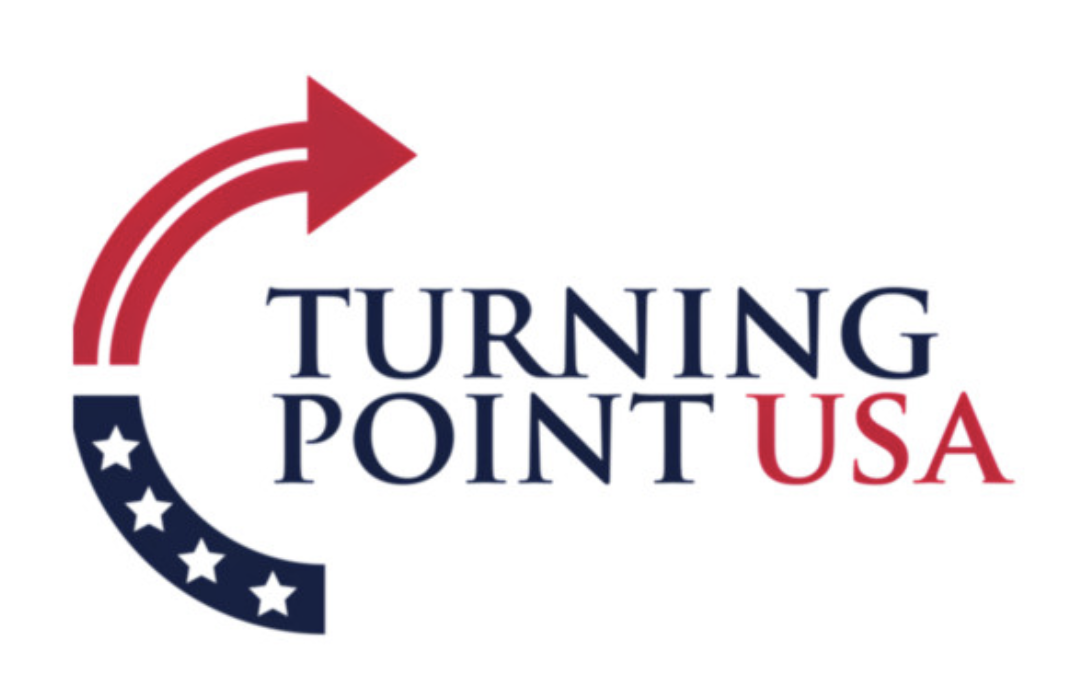Rusty Knox, a real estate agent, musician, and Davidson native since childhood, has been Mayor of Davidson since 2017. Since his initial run for Mayor over incumbent John Woods, Knox has run unopposed in every mayoral election. Now, as he prepares to win a fifth consecutive term this November, Knox sat down with The Davidsonian’s Casey Scheiner ‘28 to share more about his political origin story, relationship with the college, and advice for students. This interview has been edited for length and clarity.
Casey Scheiner: How did you get into local politics?
Rusty Knox: My dad was the mayor here from 1984 to 1997. I had an uncle that was the mayor Charlotte for two terms, and ran for governor back in 1984. My Uncle Joe was the mayor of Morrisville for 30 years. So my family has always been involved in politics, but more so on a community service level.
In 2015 the town had this project called the Downtown Catalyst Project. It would tear down the old town hall. It would put three buildings there. It would add apartments and a boutique hotel to Jackson Street. And it would have ruined that postcard that is Main Street. It would have ruined it forever.
So I started going to the town board meetings and asking questions, and I started a Facebook group called Paradise Lost. It was on my first CD that I recorded, there was a song called Paradise Lost, and it was about the demise of Davidson. So I started this Facebook group called Paradise Lost to engage the public and say, come to town hall and ask questions. I didn’t beat the Catalyst. The public beat the Catalyst, because eventually the town killed it.
So I ran against John Woods, who was the sitting mayor at the time—he’d been mayor for 10 years—and Lori Vinson, who was a former Mayor Pro Tempore. I got 57% of the vote, and I killed it. And I’ve run unopposed the next four times. So this is the fifth time I’m running and I’m running unopposed again. But I’m not sure if I was prepared for what this entailed when I got into it, but I realized very quickly that if I was going to do it, it needed to be done full time.
CS: Why should Davidson students care about local politics?
RK: This is your home for four years, and a lot of projects that we work on holistically will not be achieved in four years, but there’s a lot of touch points that do get achieved in your time here and your tenure here. So for you to be a part of that, I urge students to, say, reach out and say, I’d love to be on the sustainability committee, or I’d love to be on the livability or parks and record, and we find a way to make a slot for a student that wants to do that.
To understand the Davidson student is to understand that you’re largely service oriented. You know, you care about where you live, you care about where you go to school, enough to take the time out to find out about the issues, to take the time out to register to vote. For me to stand out here on election day and see 100 to 120 students that come vote in an off year election means so much because you’ve taken the initiative to change your voter registration when you got here as an 18 year old and say, I’m now voting in Davidson. I’m now voting in Mecklenburg County because this is my home.
CS: How has the relationship between the Town of Davidson and the College evolved over time? What do you want it to look like going forward?
RK: I cherish the relationship. I’m a gym rat. I grew up playing basketball in the old Johnson gym, where the student union is. I mean, I learned to play tennis and handball and took my swimming lessons as a child at the College. My mom was a secretary for the Dean of Students growing up. Our relationship with the College is as strong as it’s ever been. I love Doug Hicks. Y’all are so fortunate to have Doug Hicks. When I heard his remarks before he came here and actually took the helm, I realized I was gonna get along with him because we have a lot of the same directives, with equality and affordability and attainability and immersion in the community that you’re in.
Doug has just jumped in with both feet and both hands [and] has dramatically changed the atmosphere at the College—for you guys, for faculty and staff, and for the town. I mean, he is known throughout town already. We talk continually about collaborative stuff that we do together. We’re looking at the potential of a future affordable housing project together with town and land and College and land both folded together. We’re looking at other potential stuff: some workforce, campus stuff. They’re just so many initiatives.
This is a relationship that I don’t take lightly and that I don’t take for granted. And I think we together know that we can build a stronger community.
CS: What advice would you give to students looking at careers in public service?
RK: Find what your niche is. Find what’s your wheelhouse. For example, I came here with my largest two driving points as mental well being and affordable and attainable housing. If you’re looking at the future, if you want to be involved, whether it’s here or in your hometown, by getting involved, you can make a difference.

